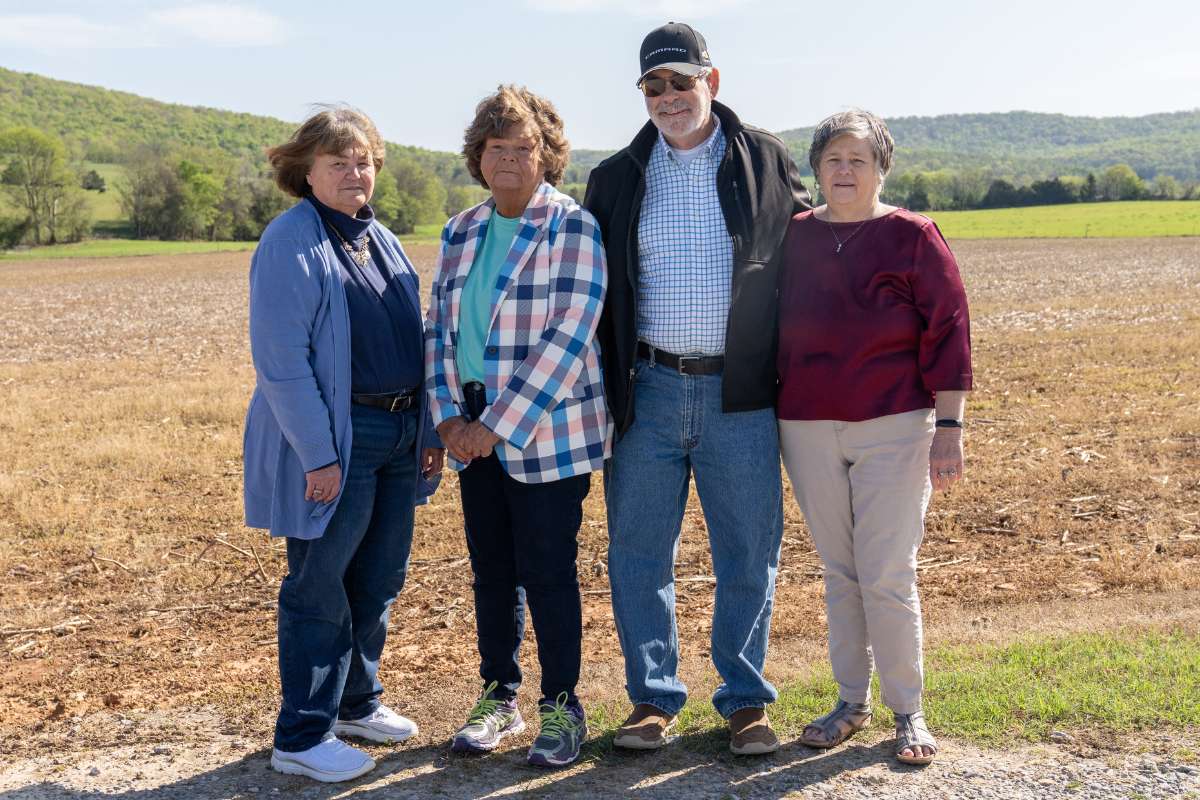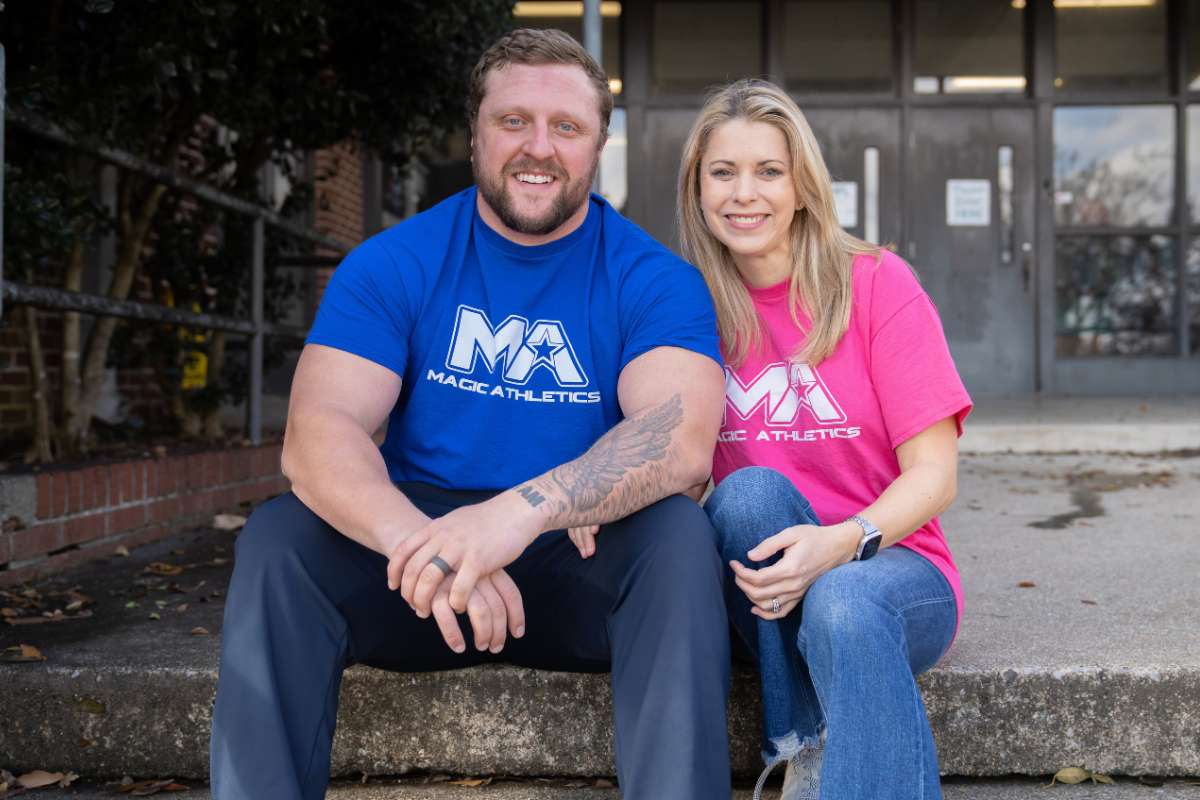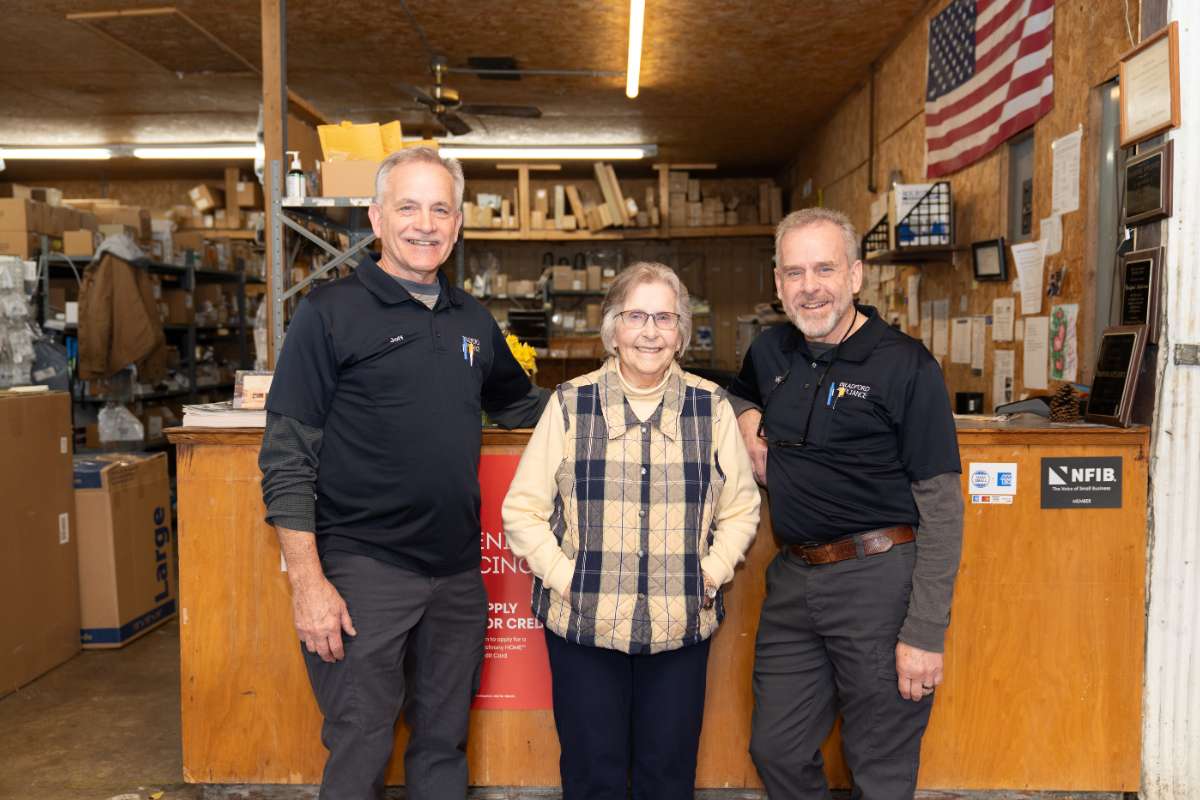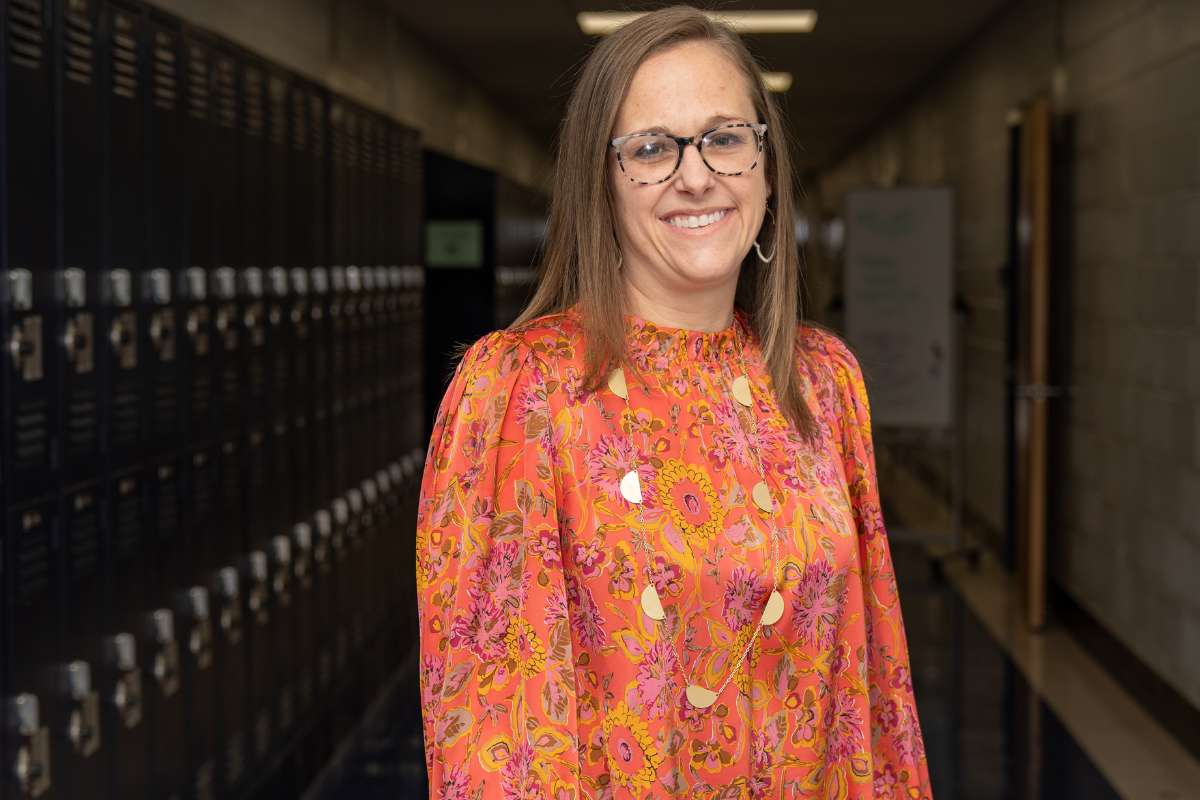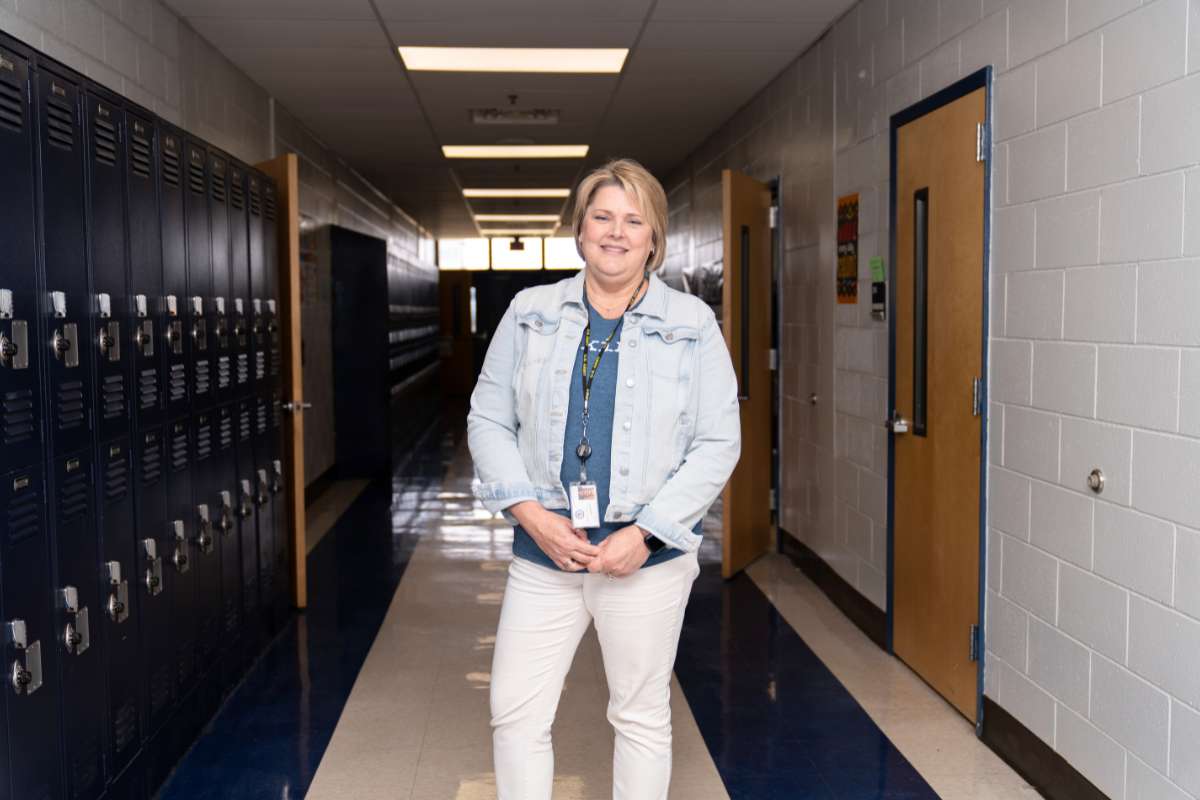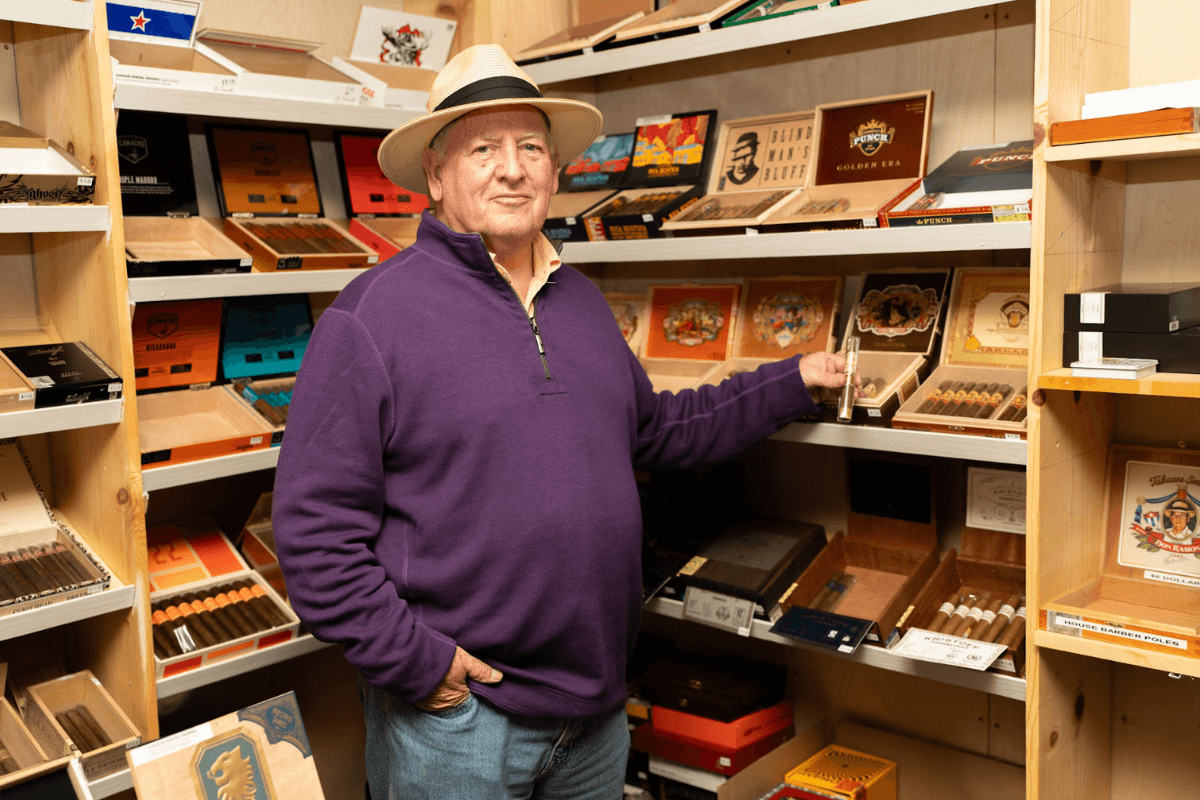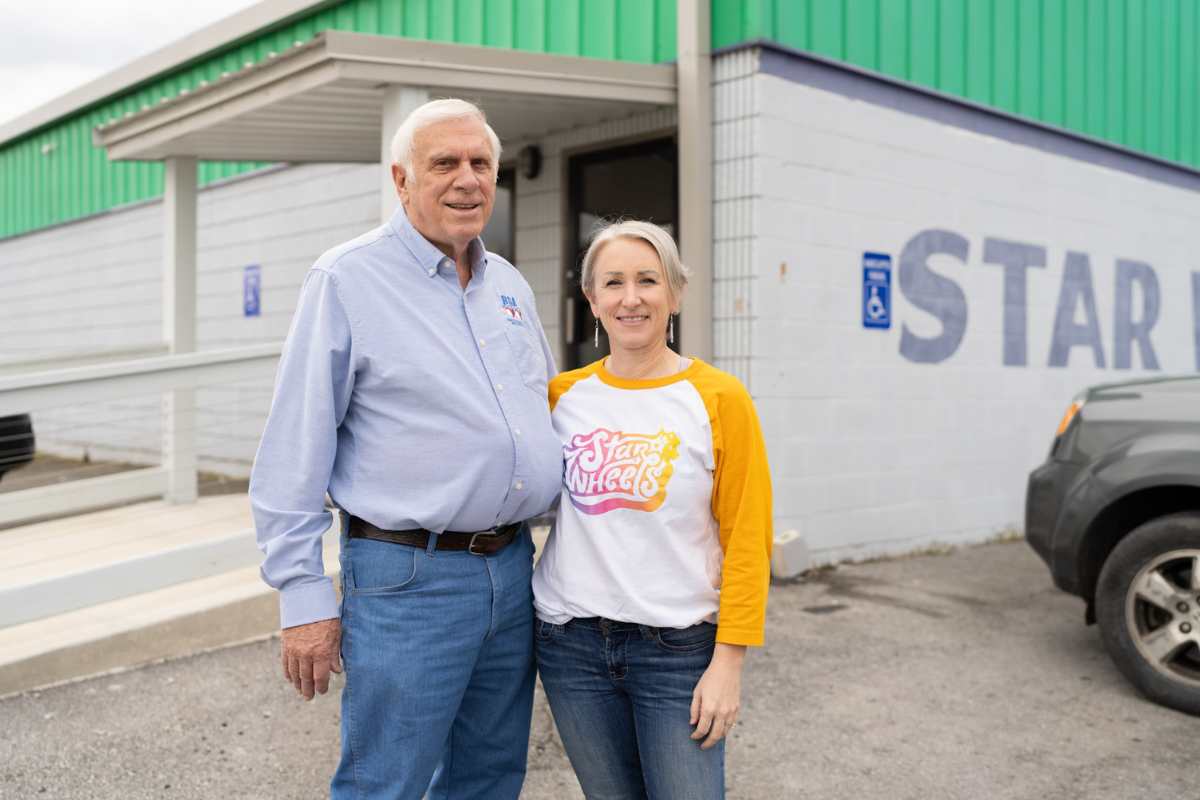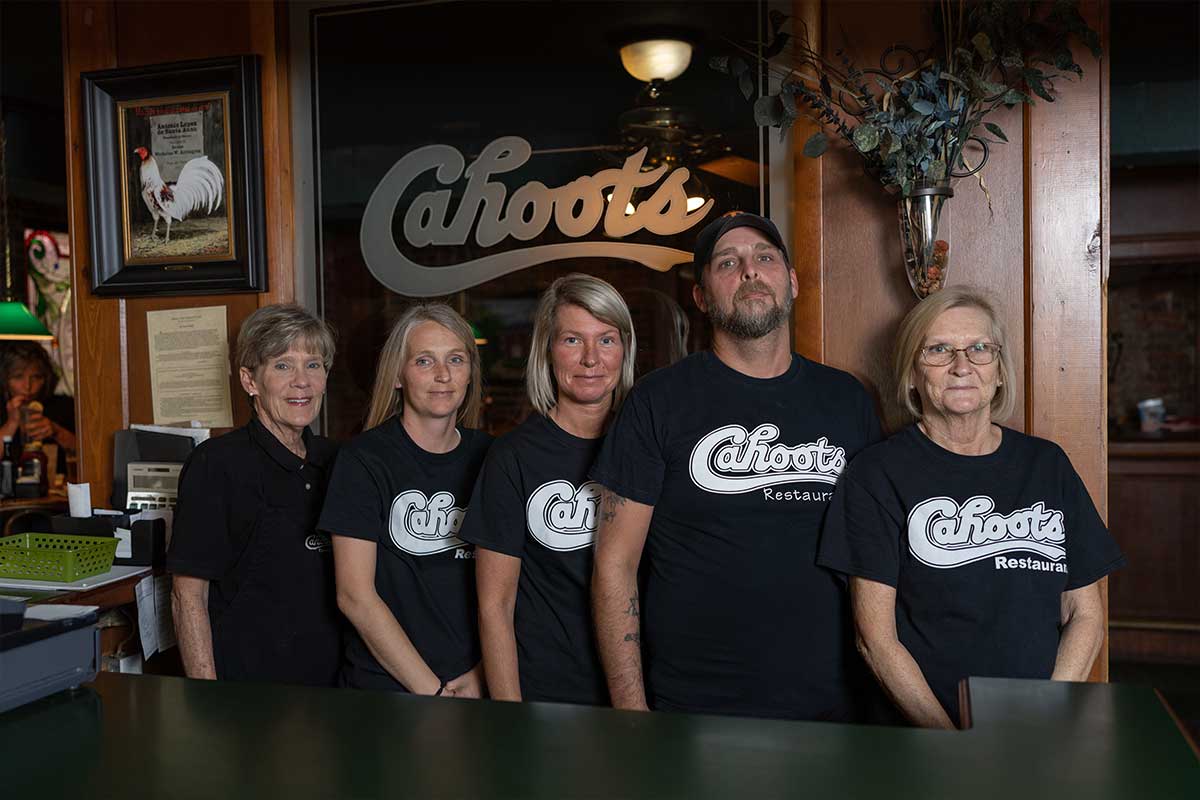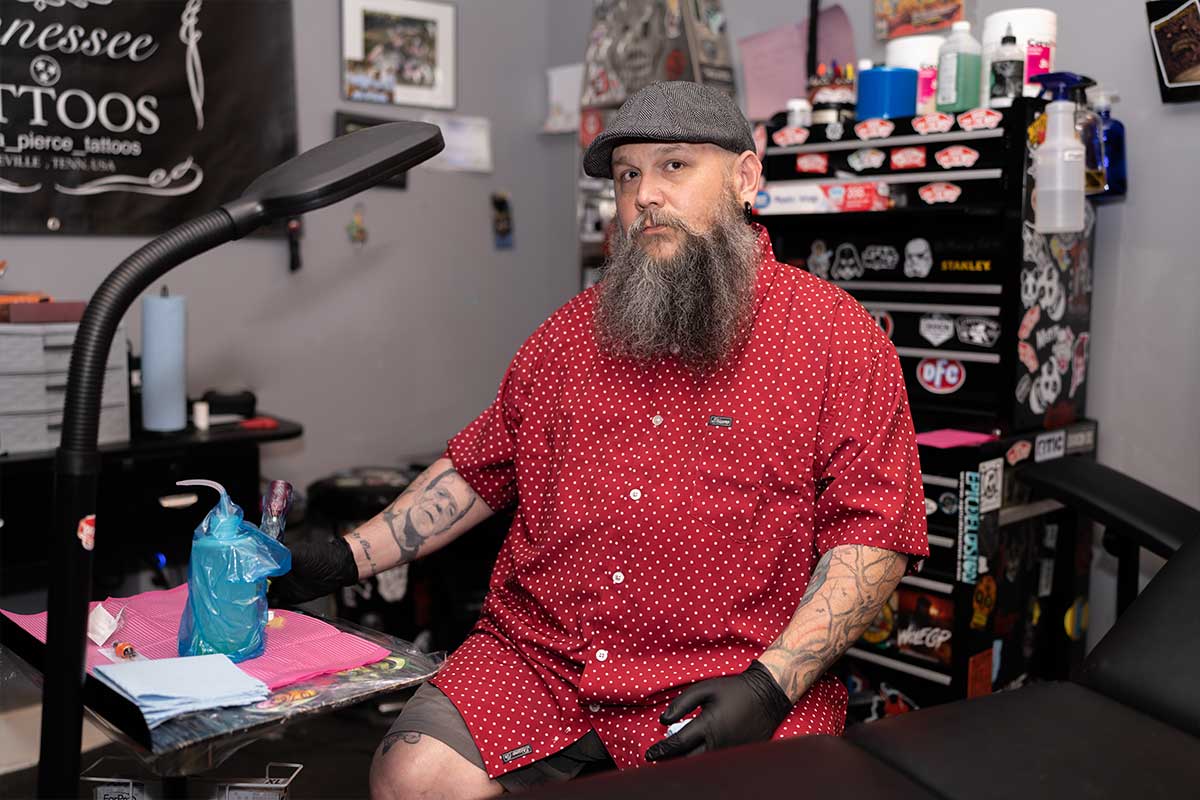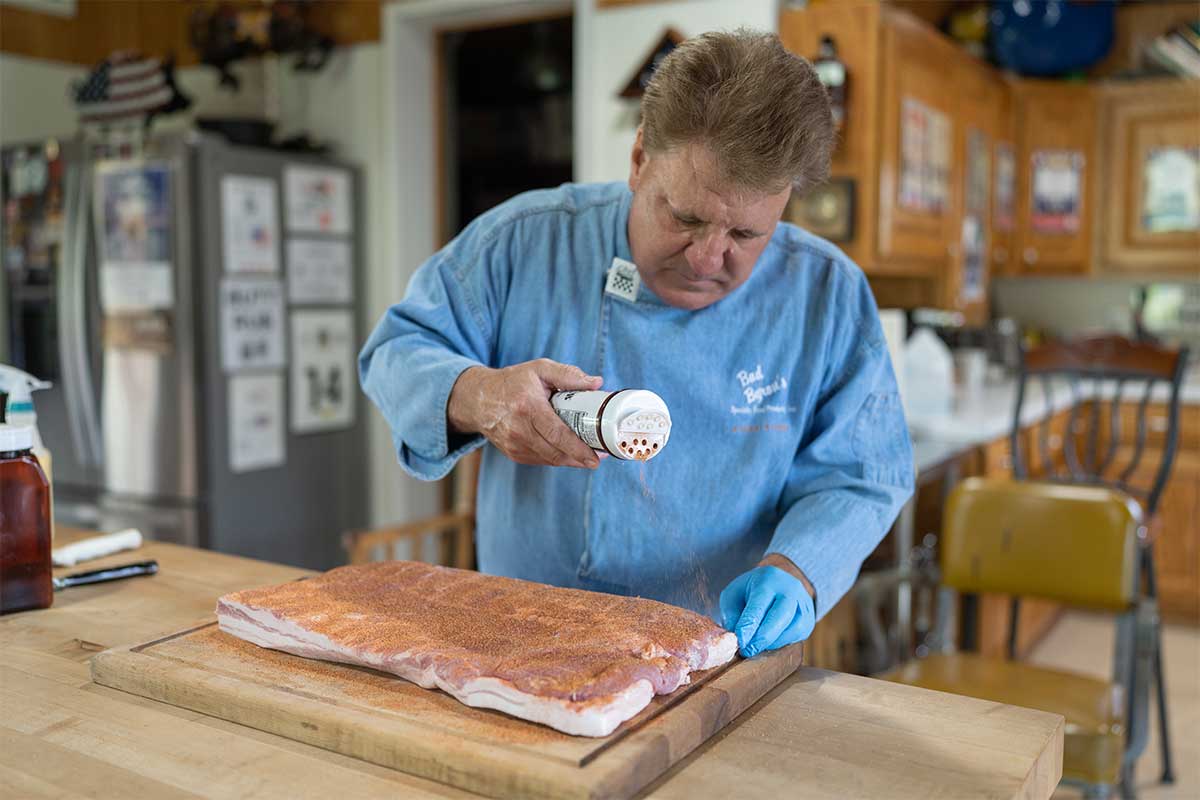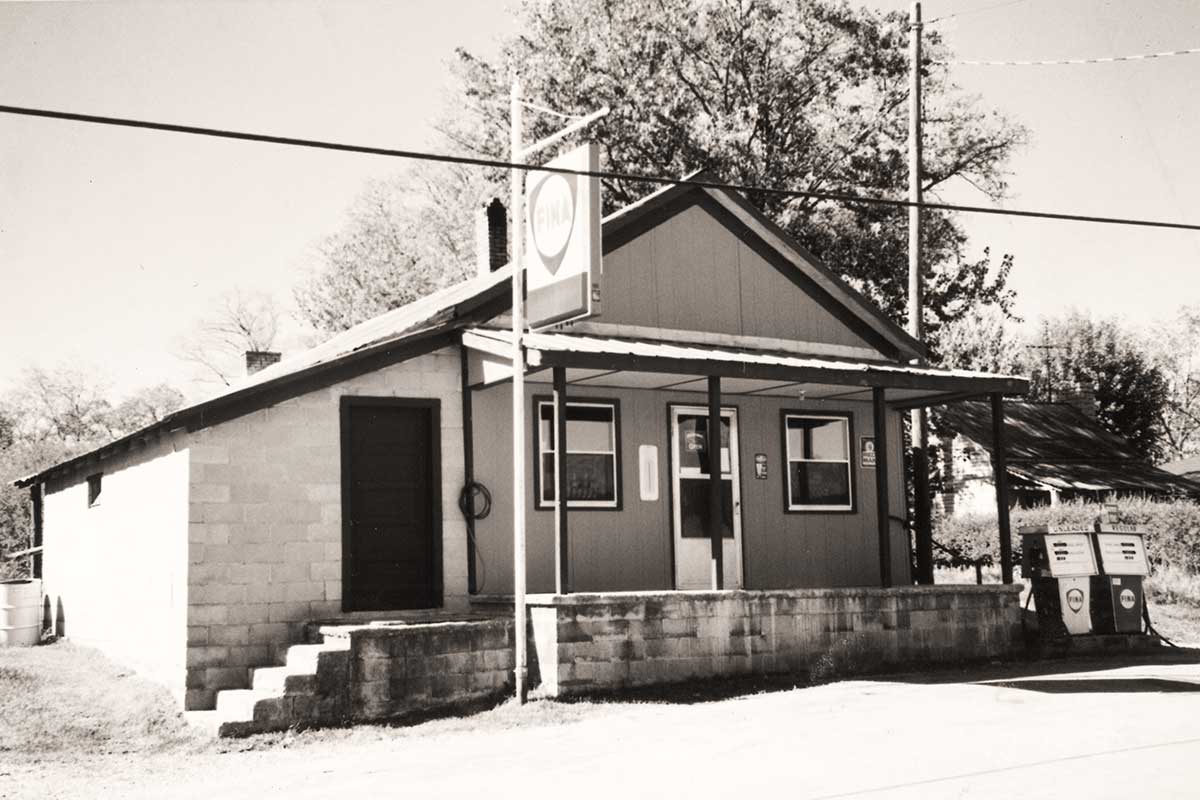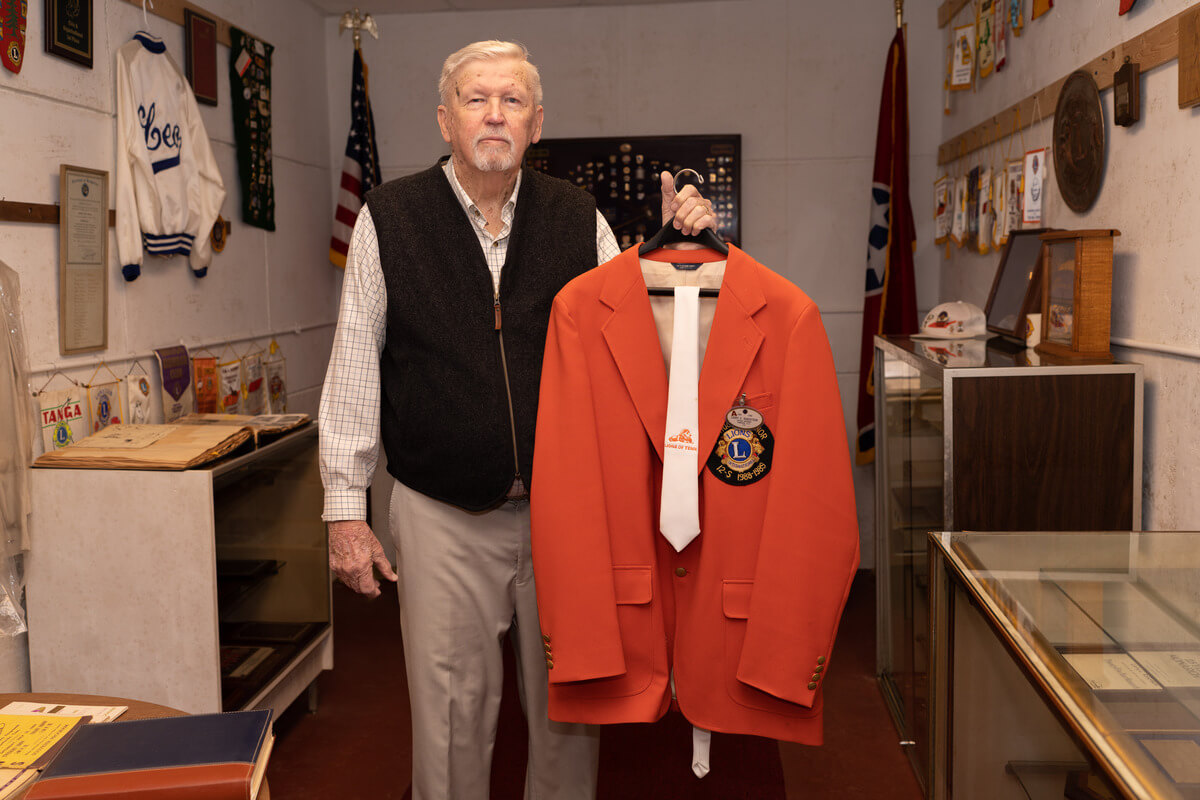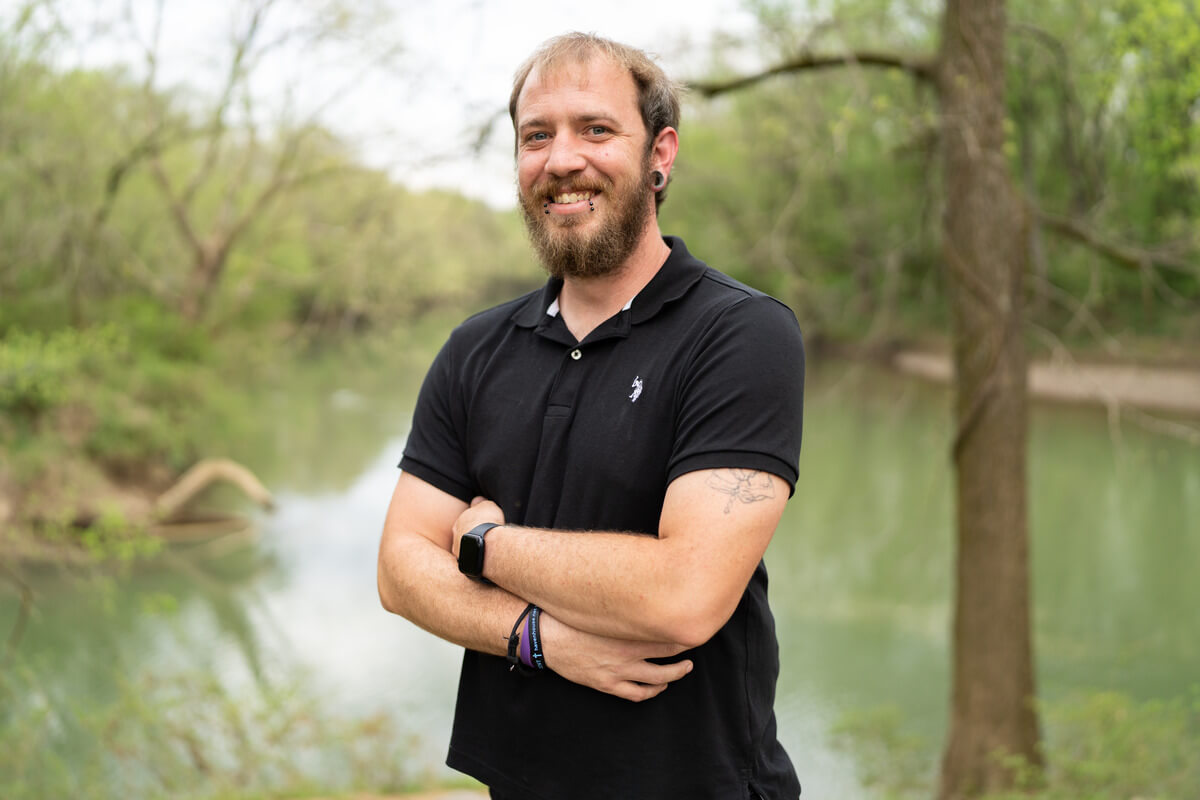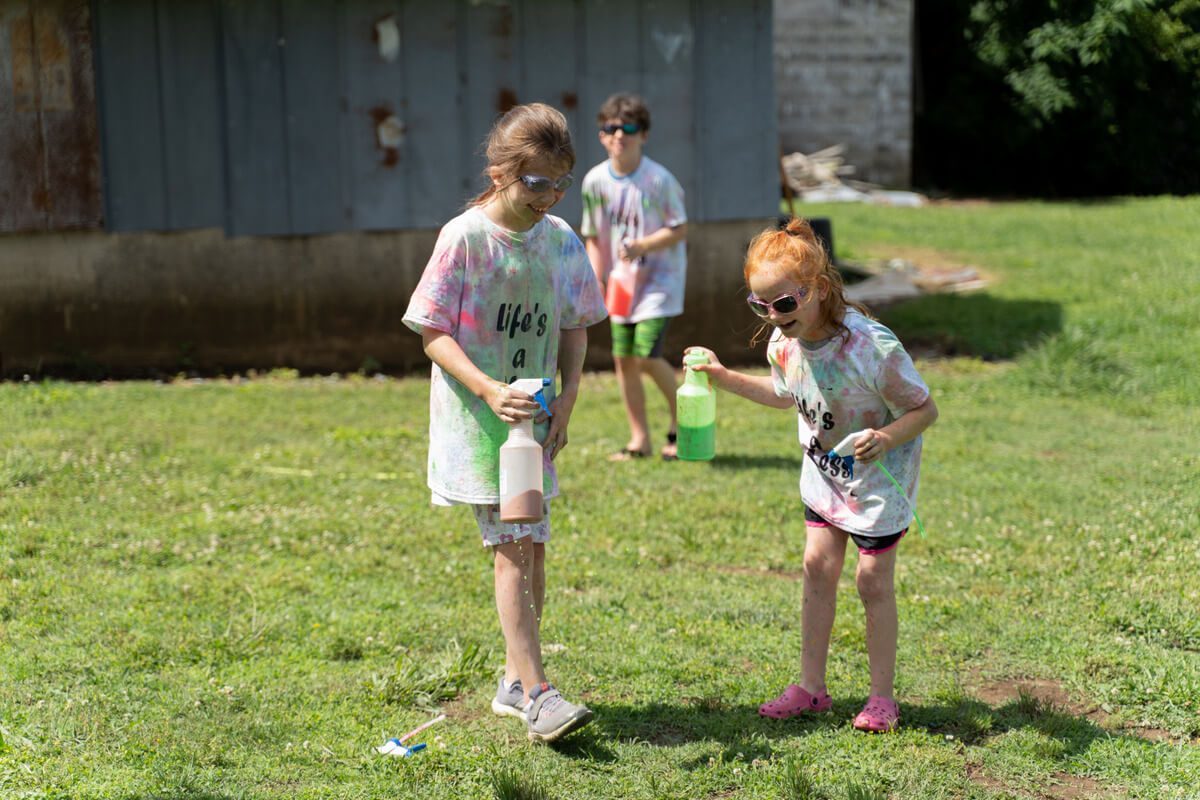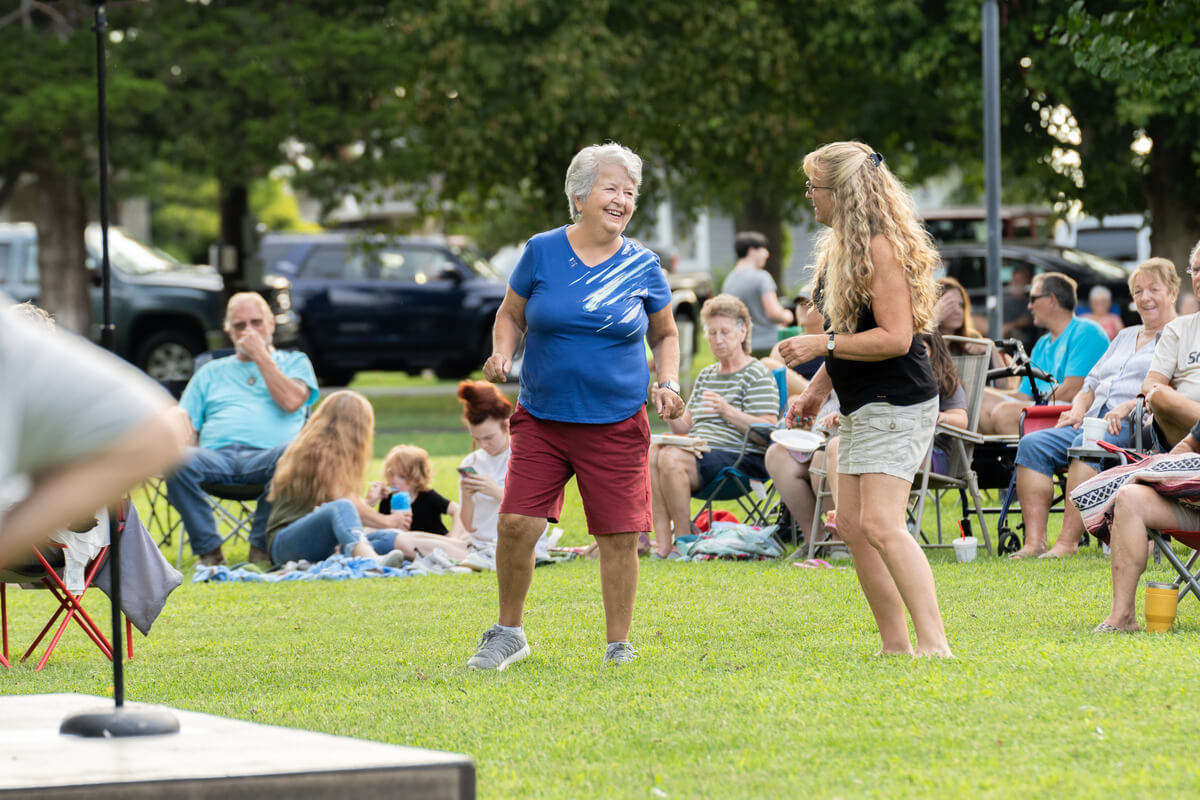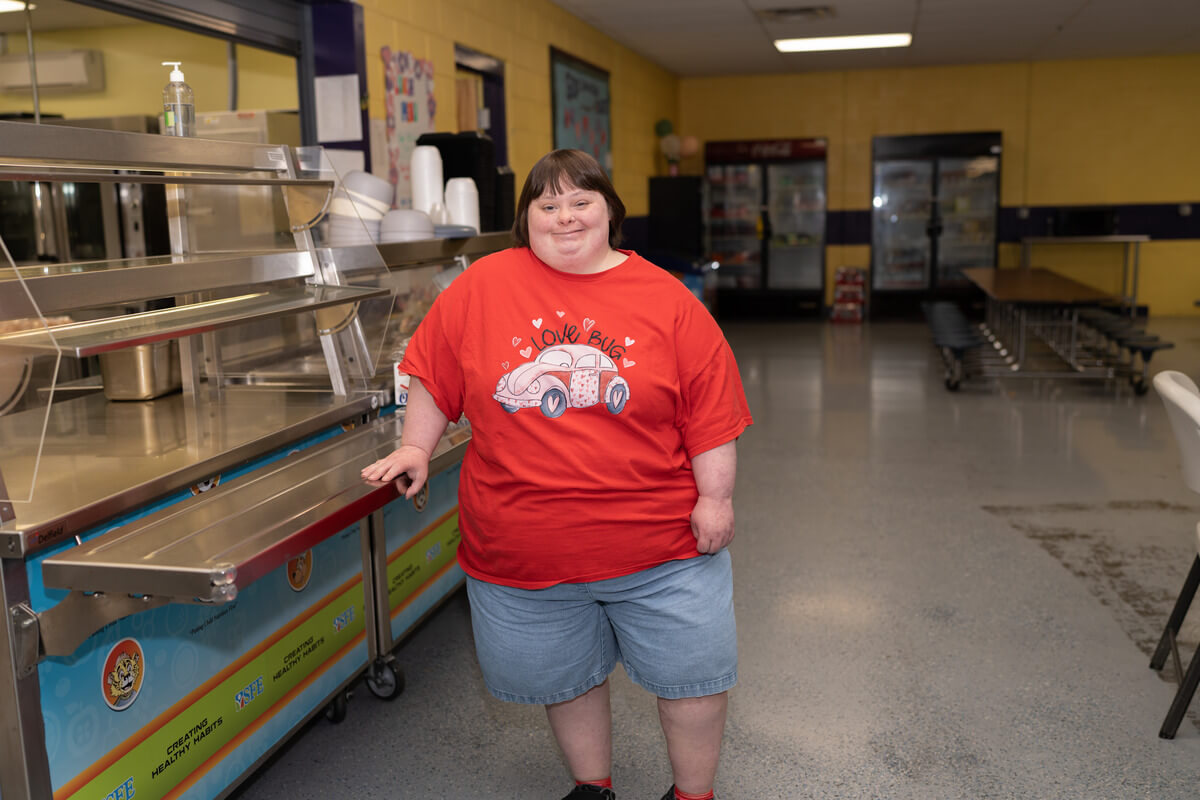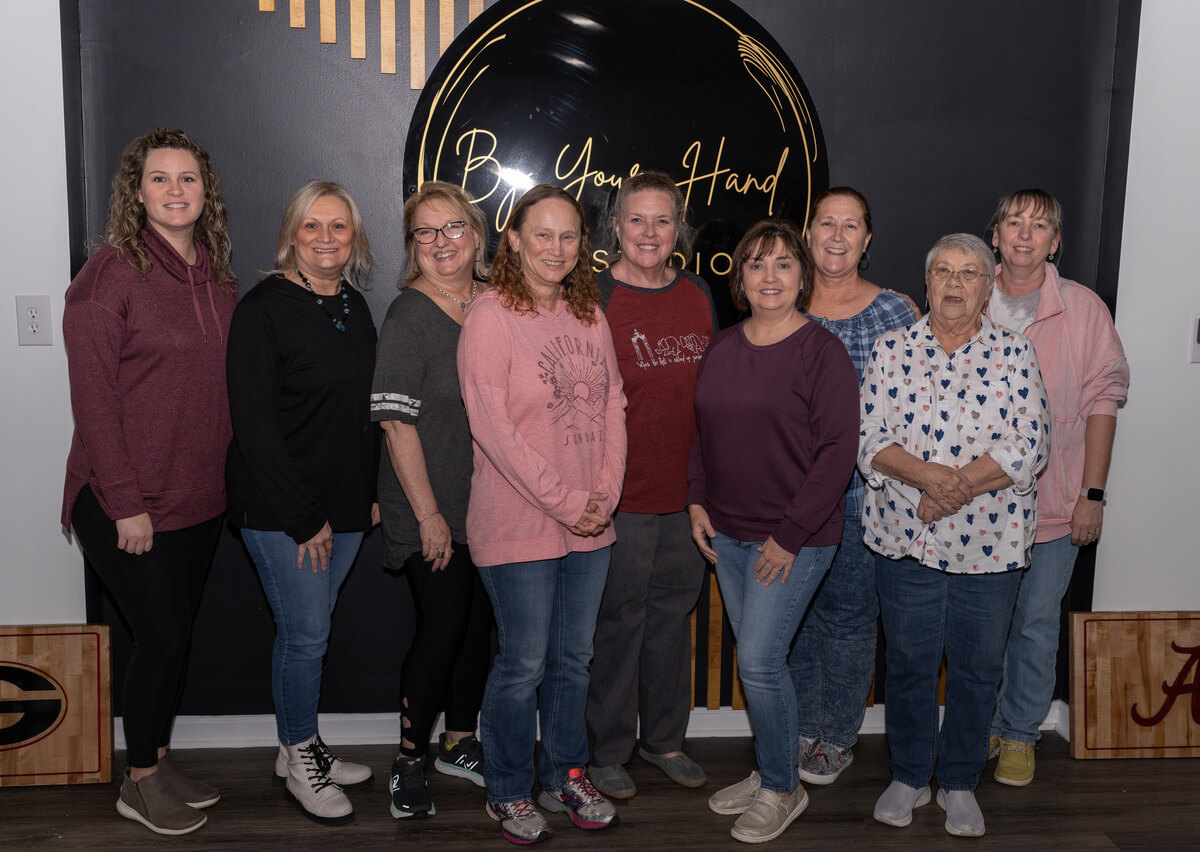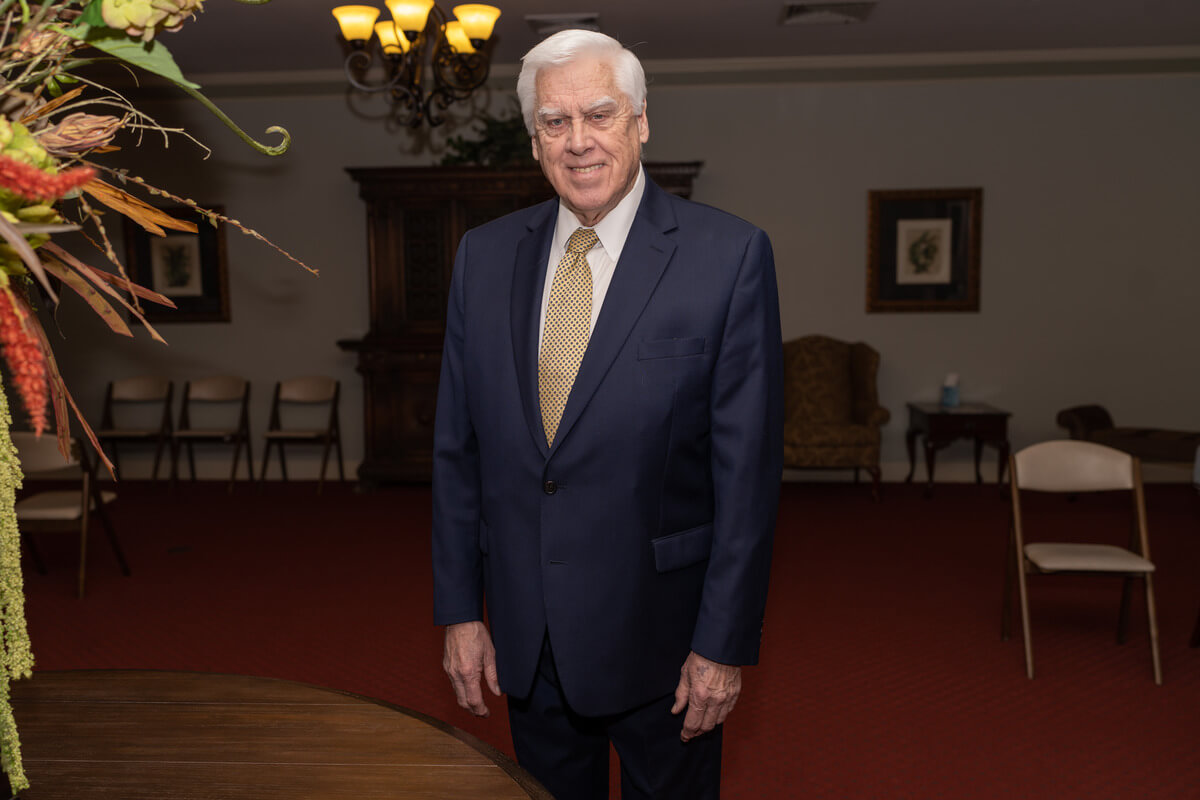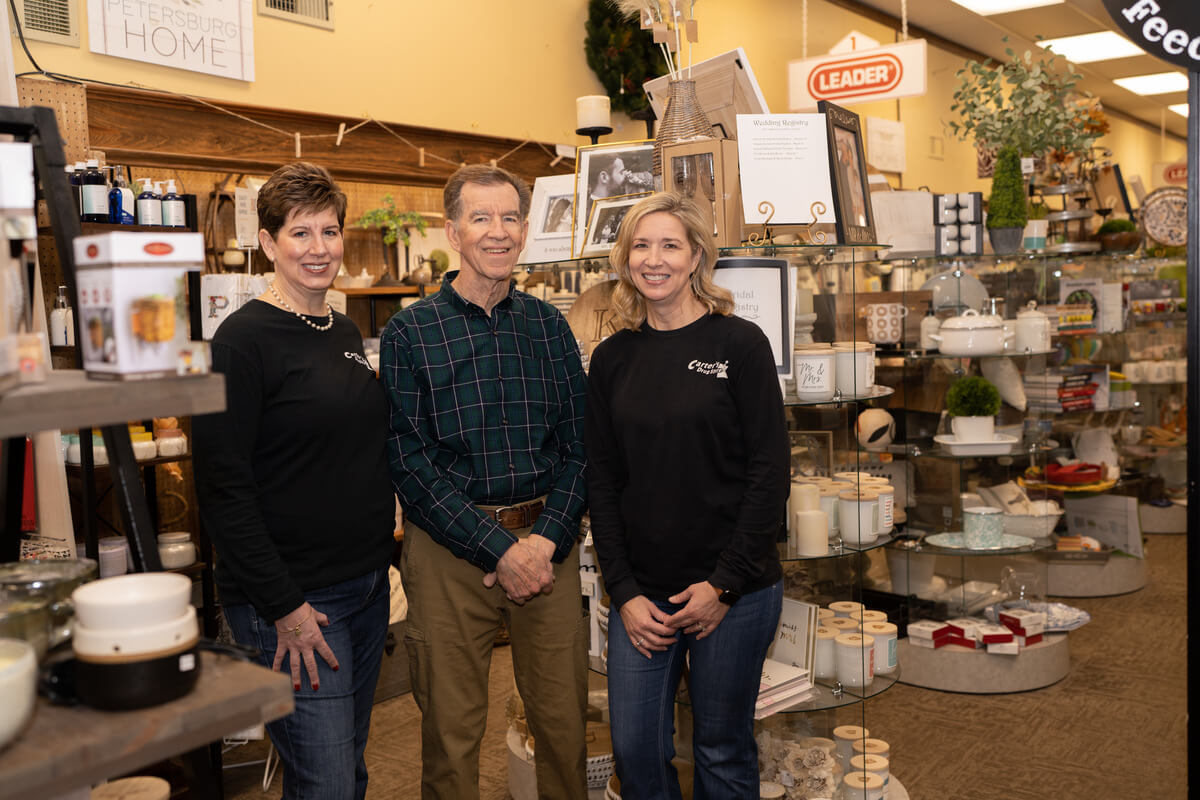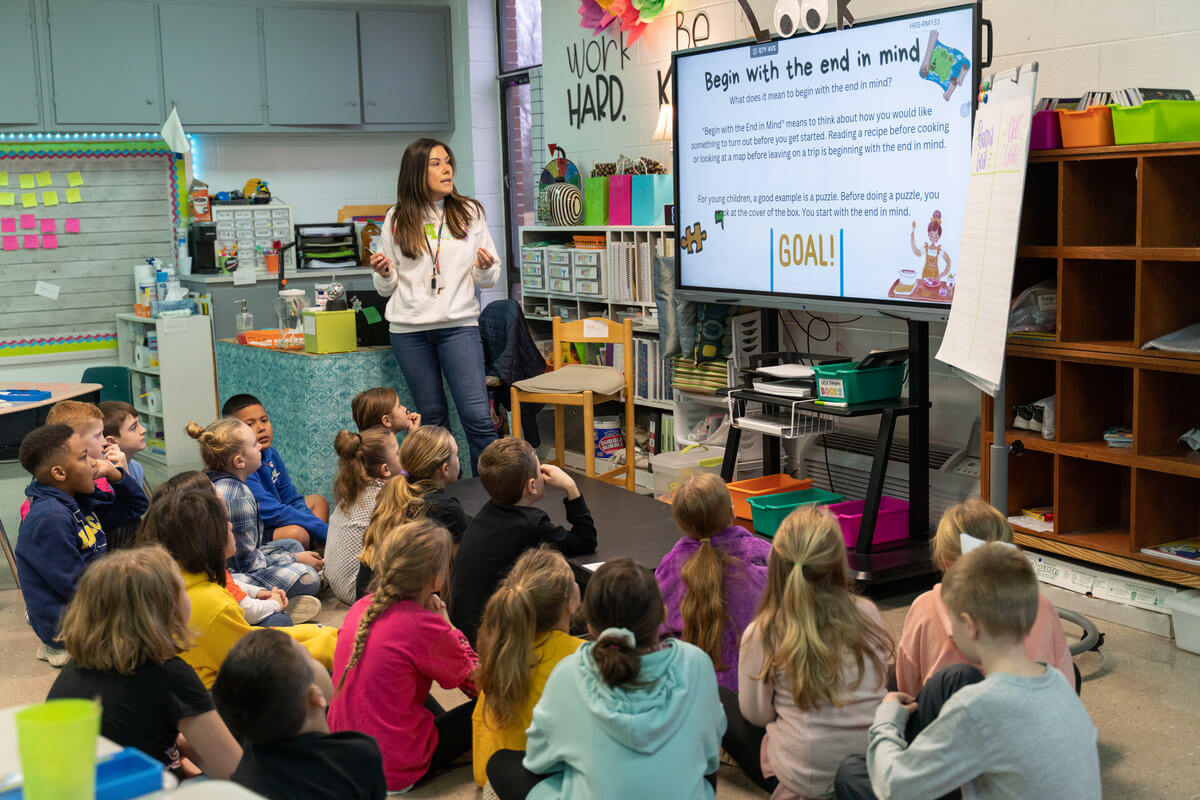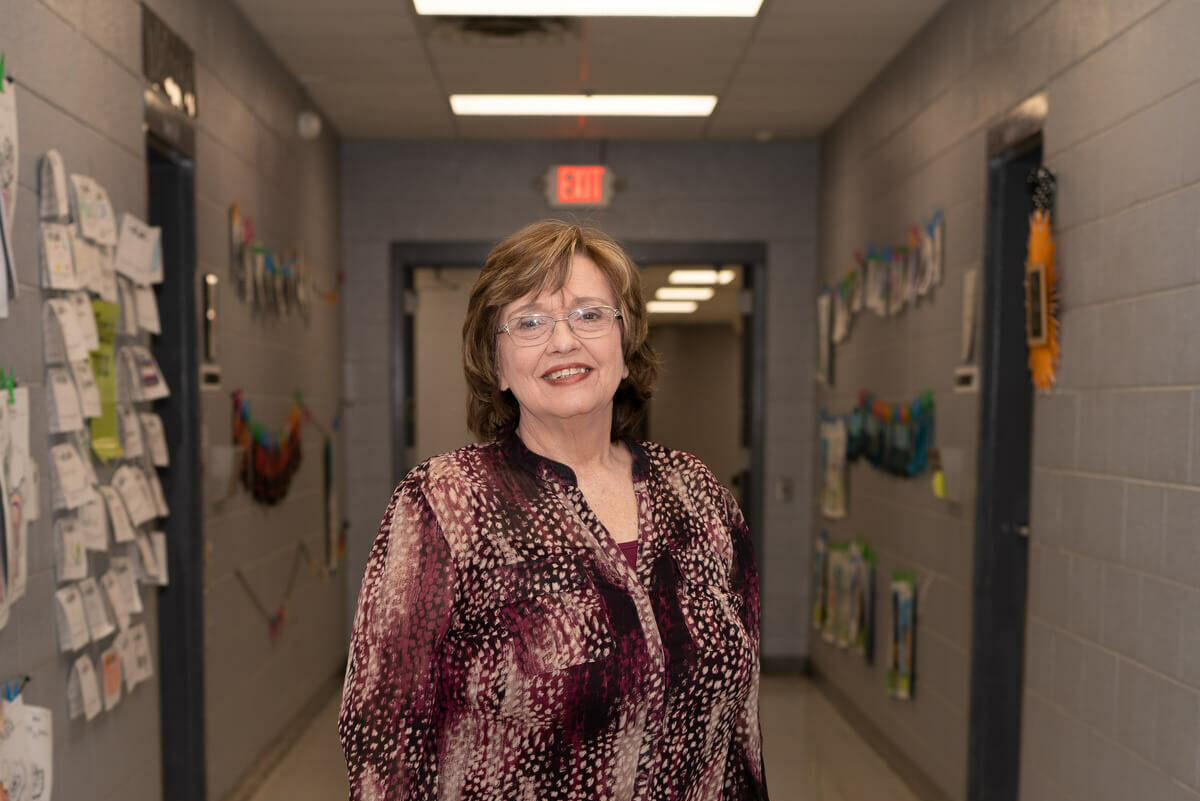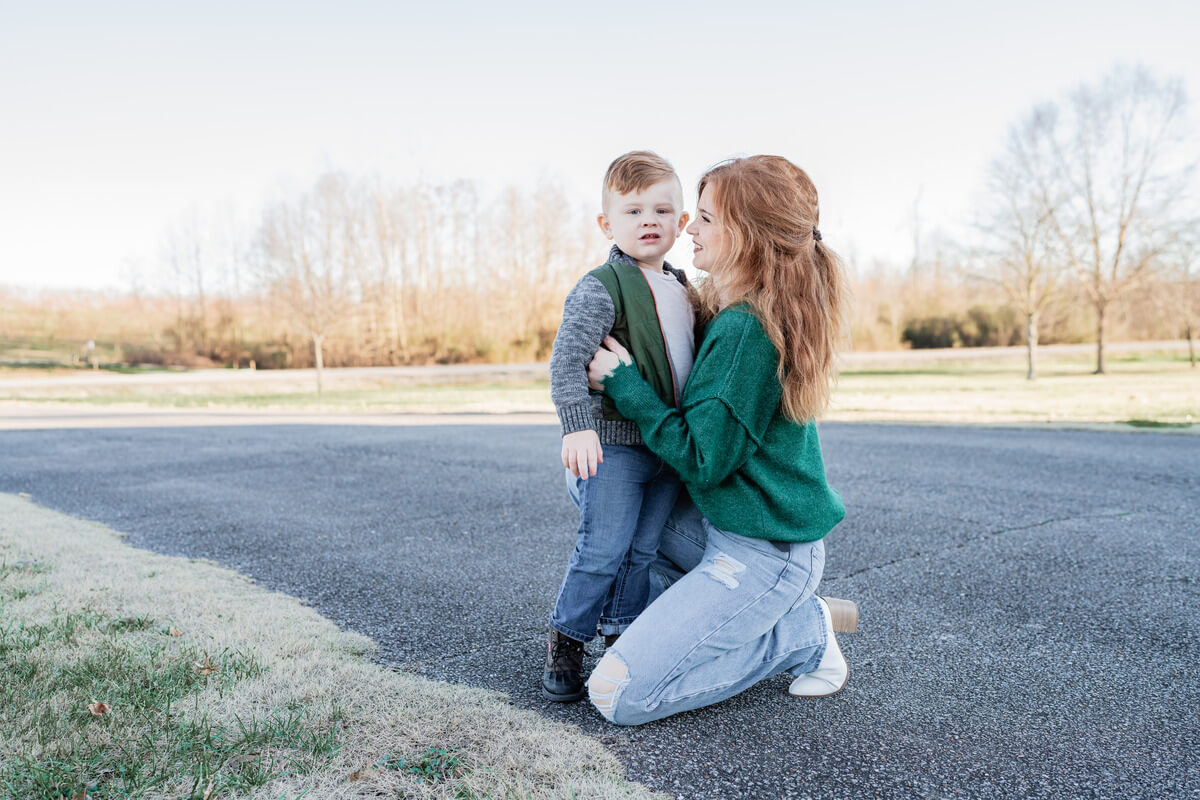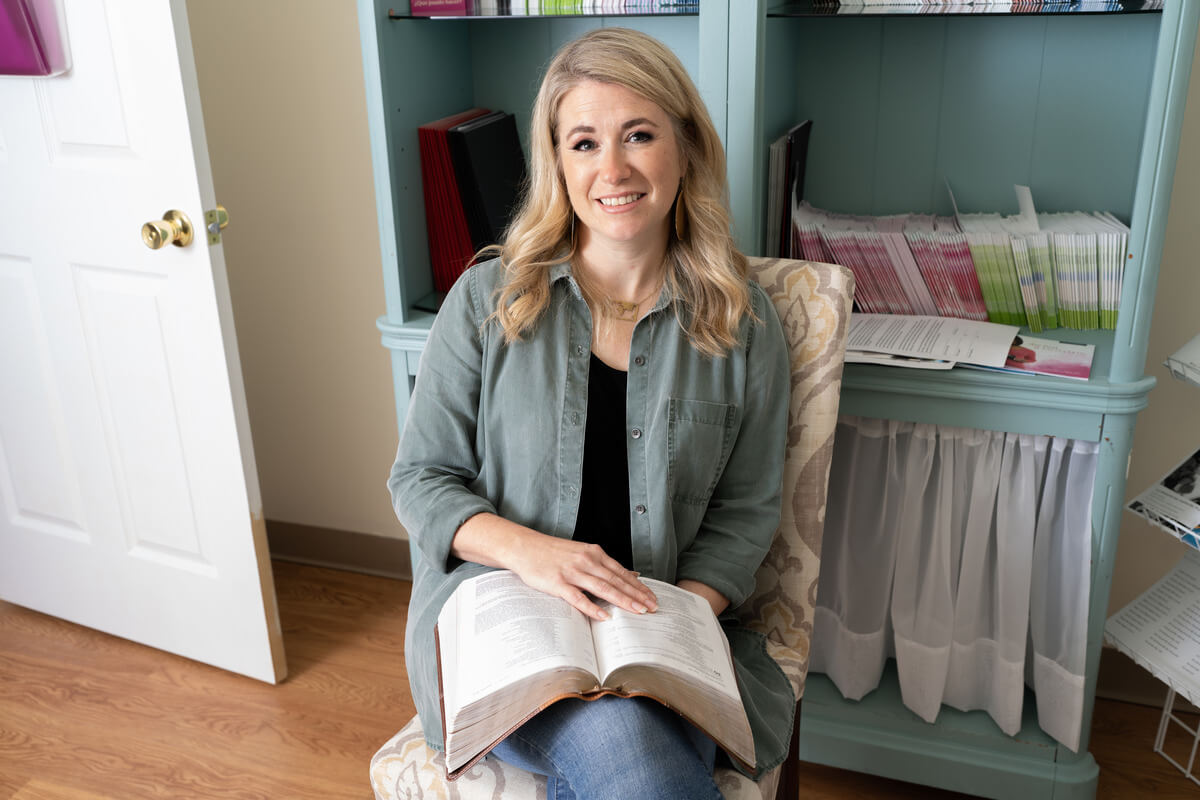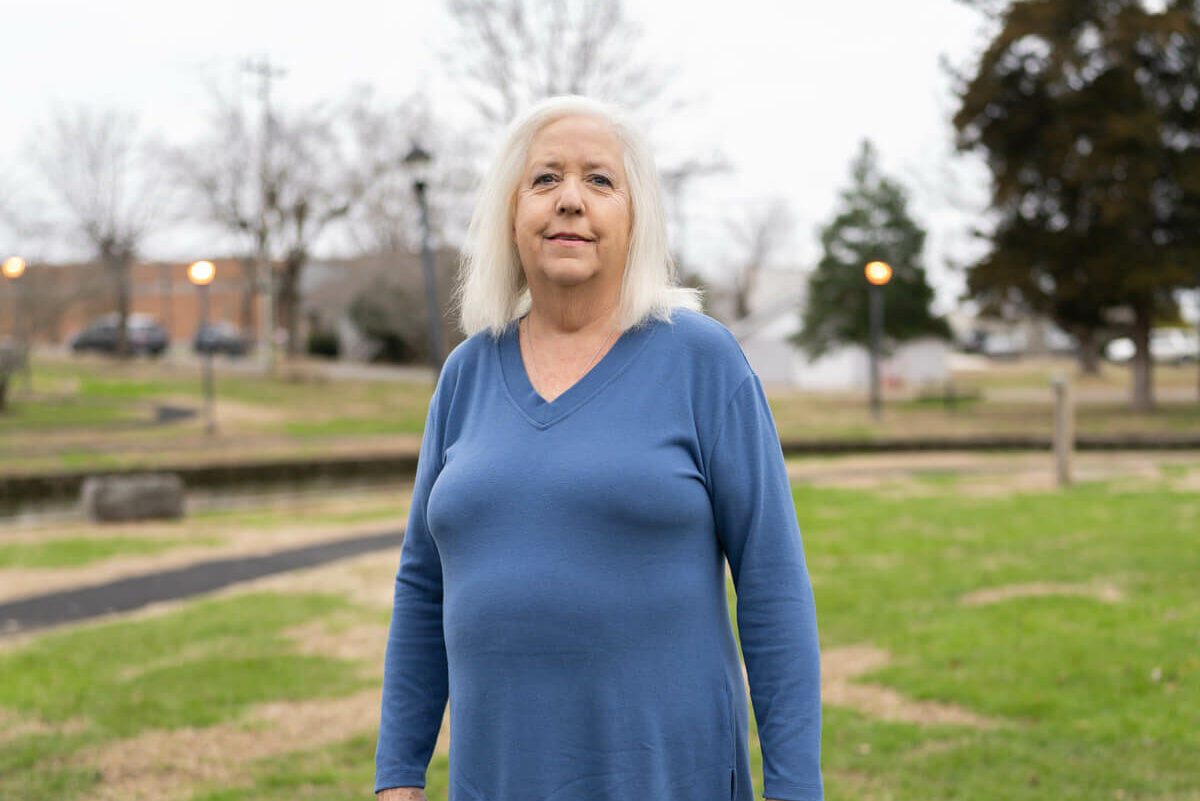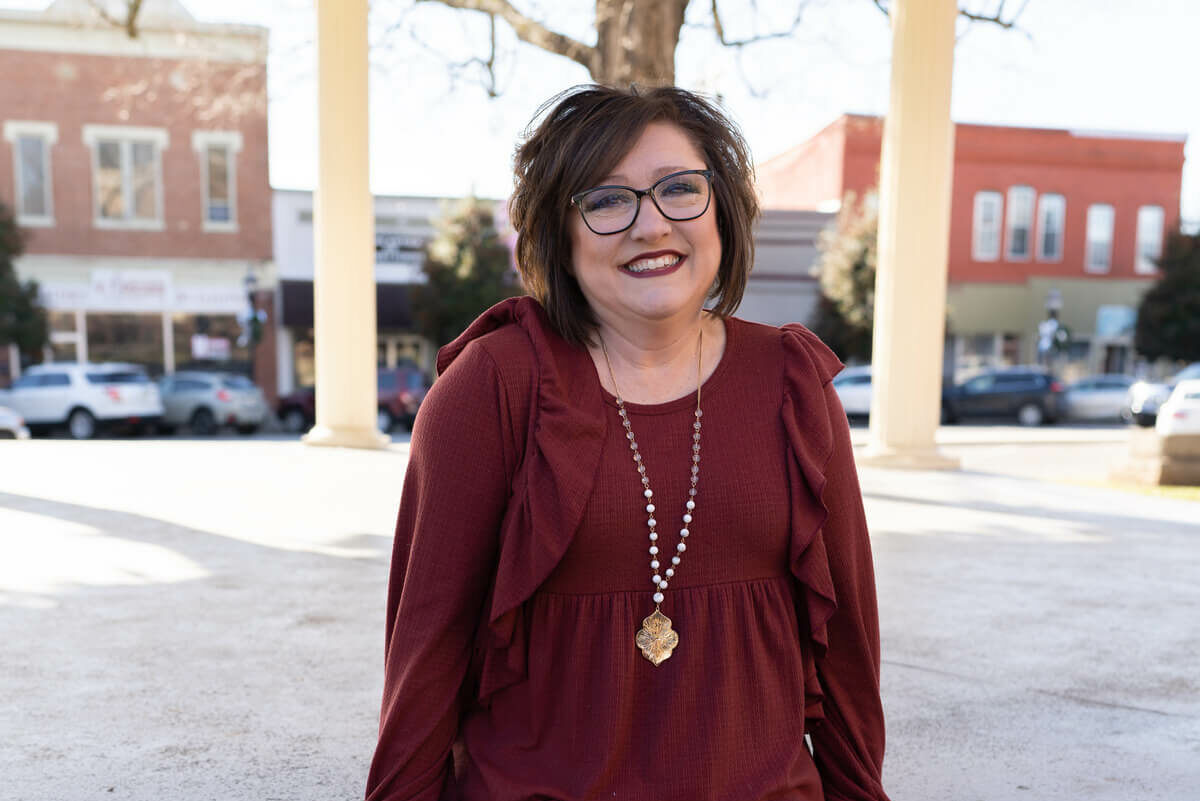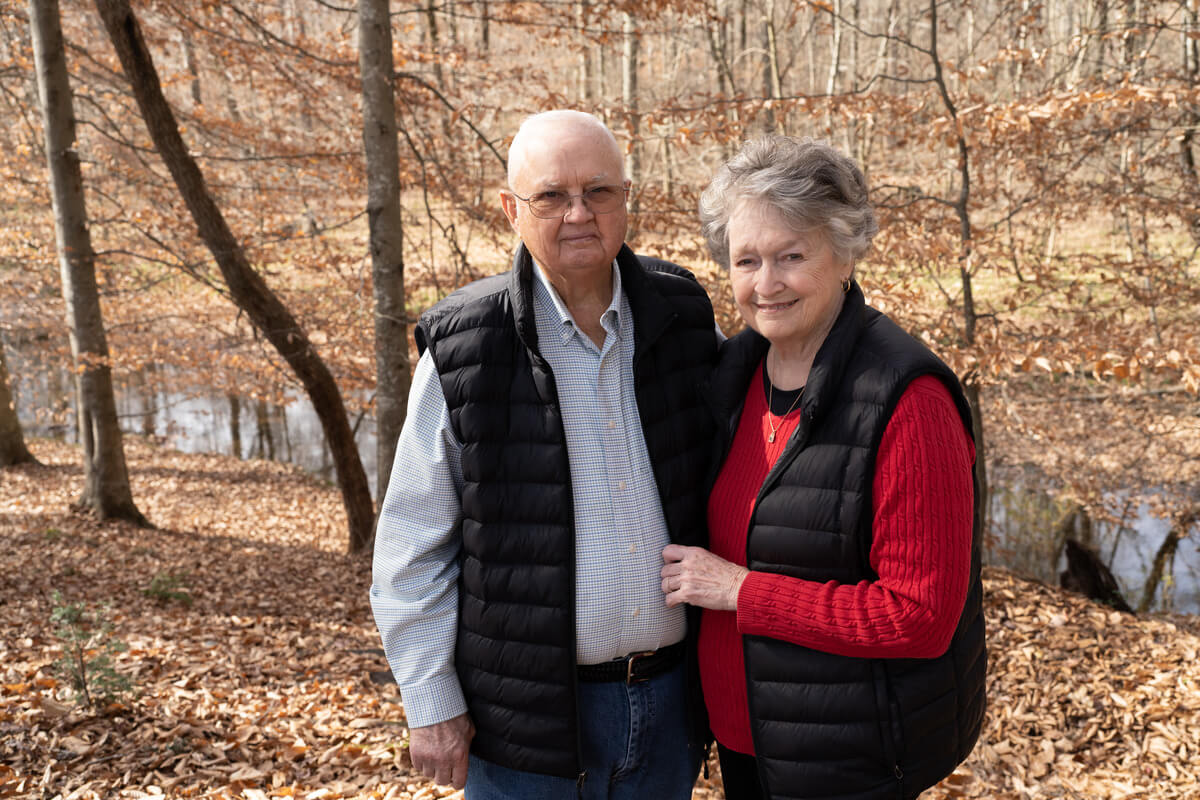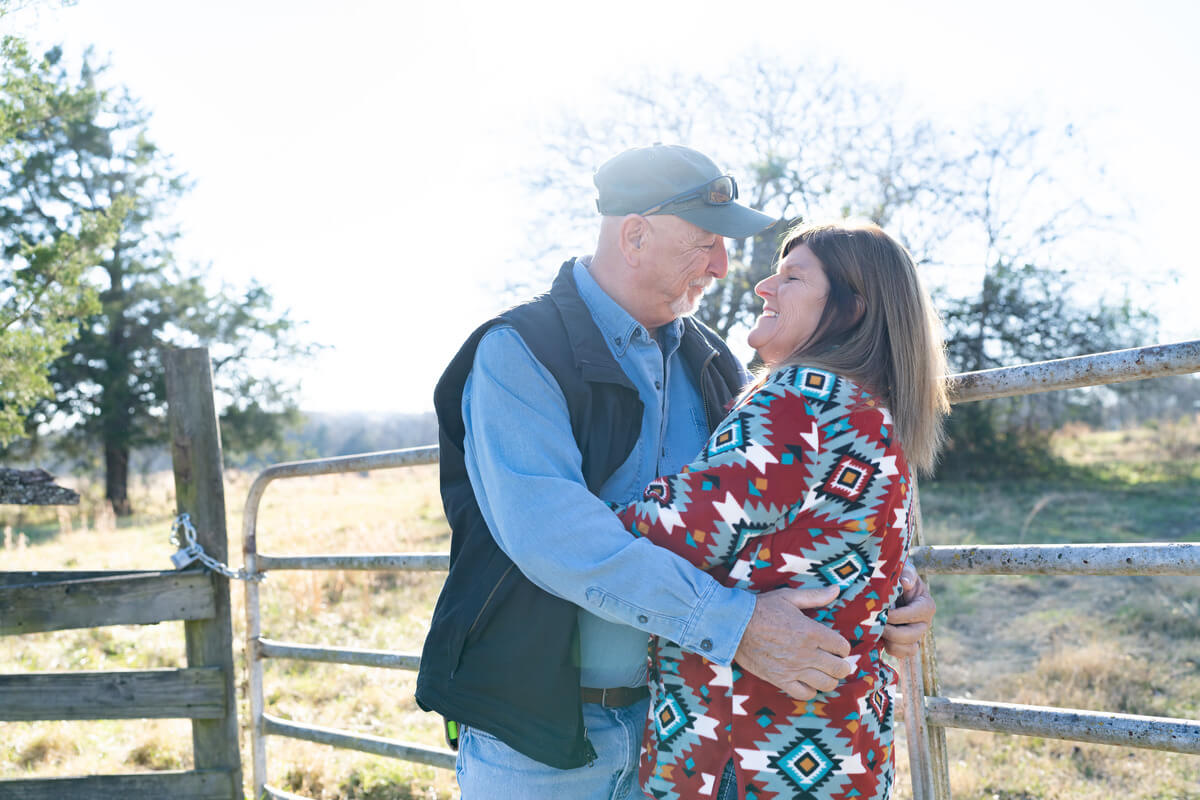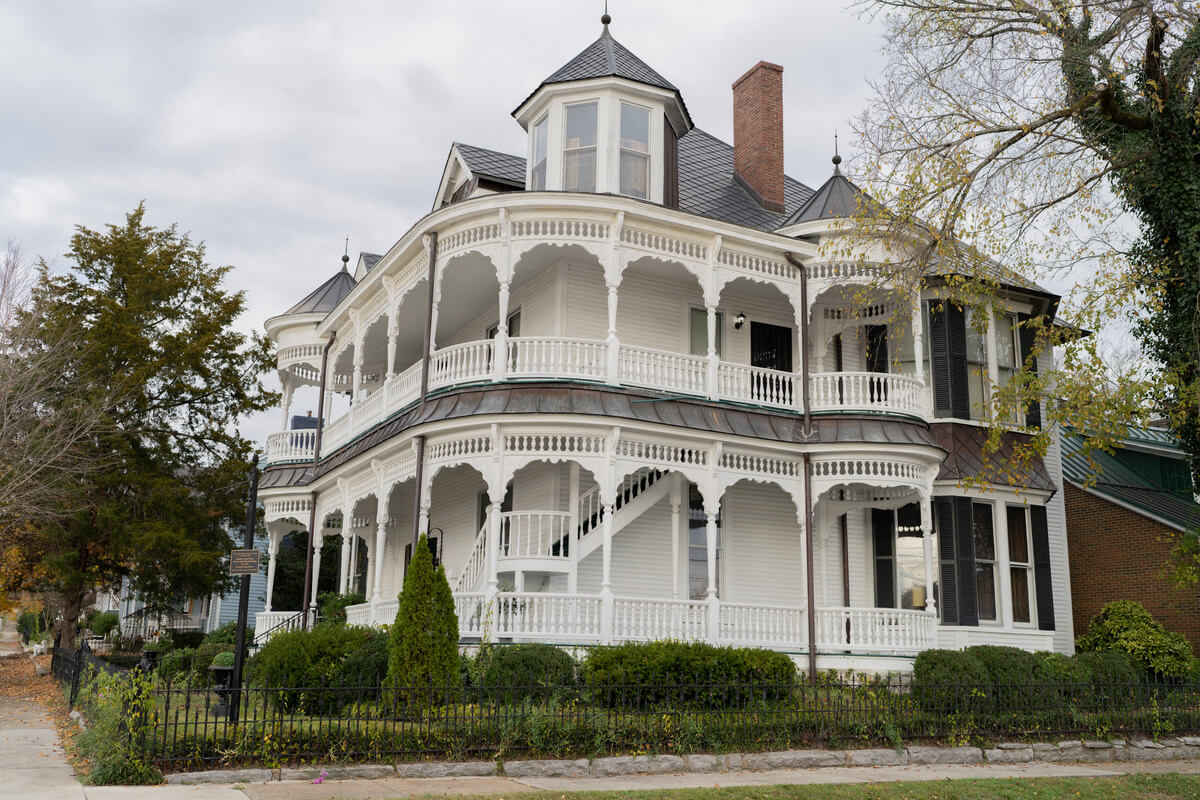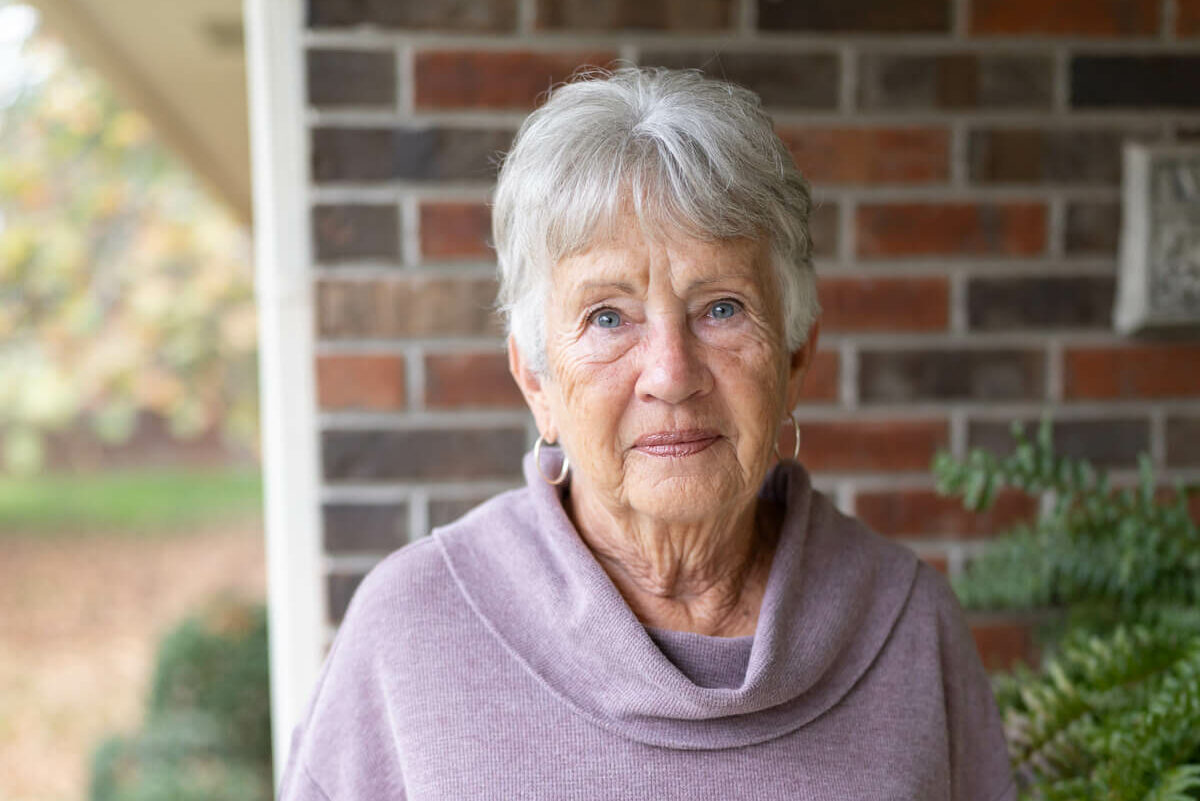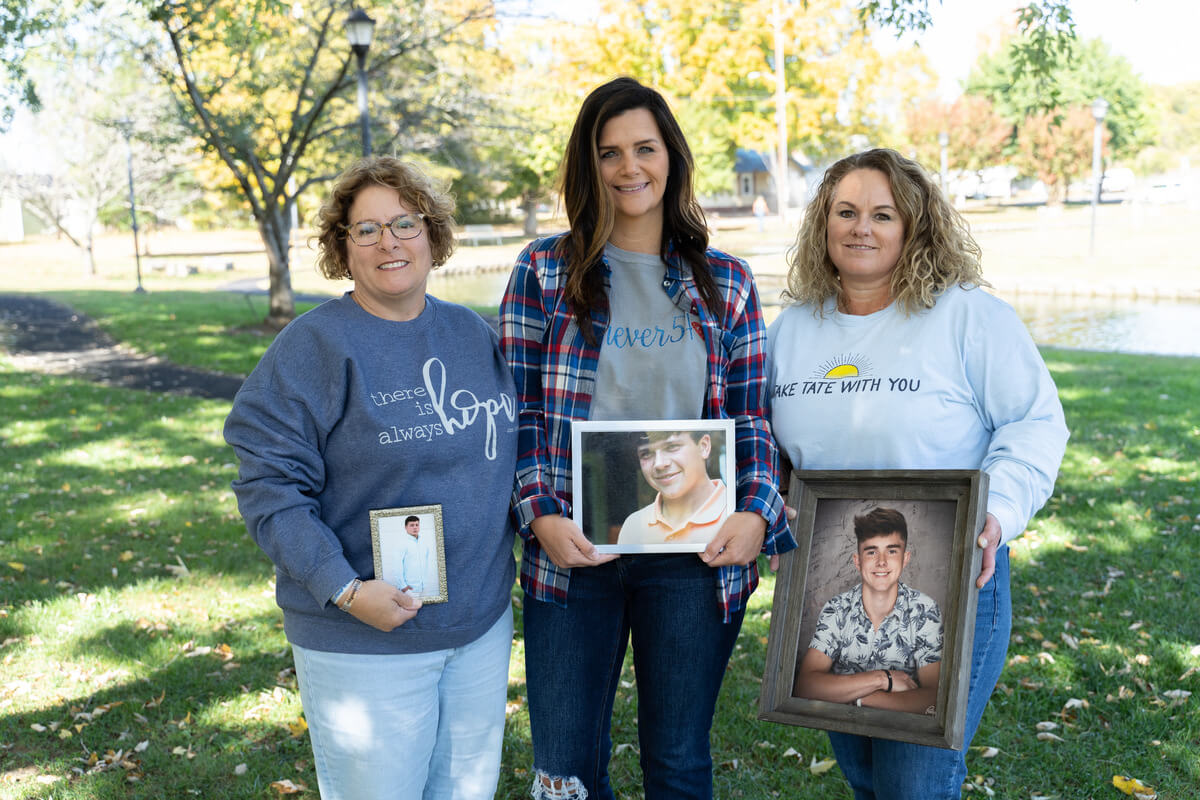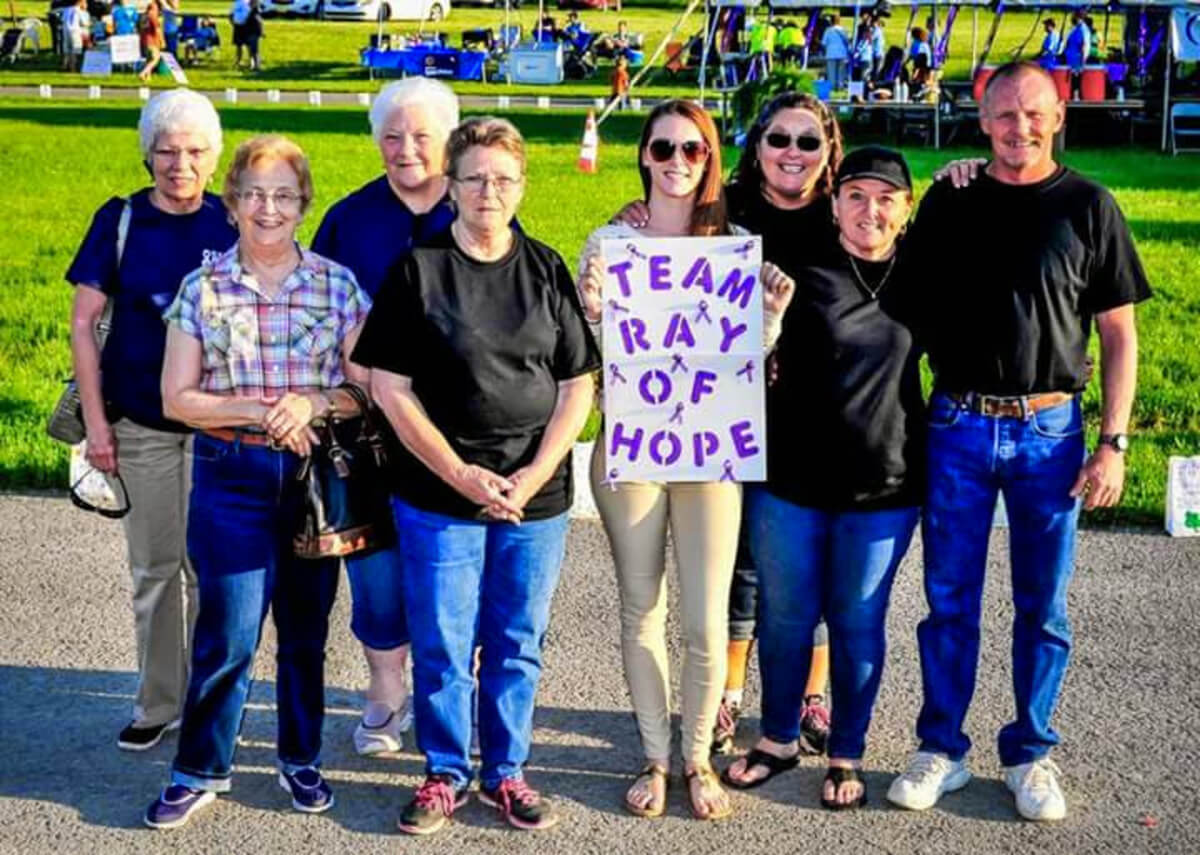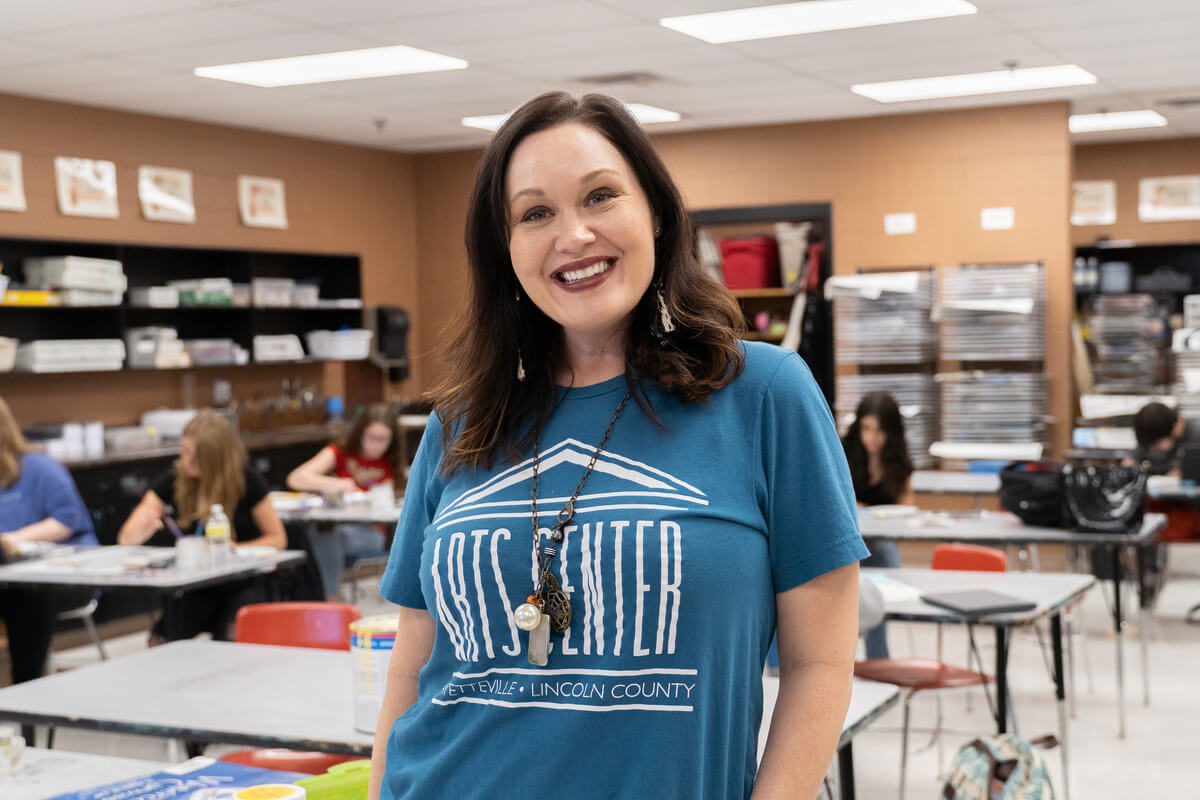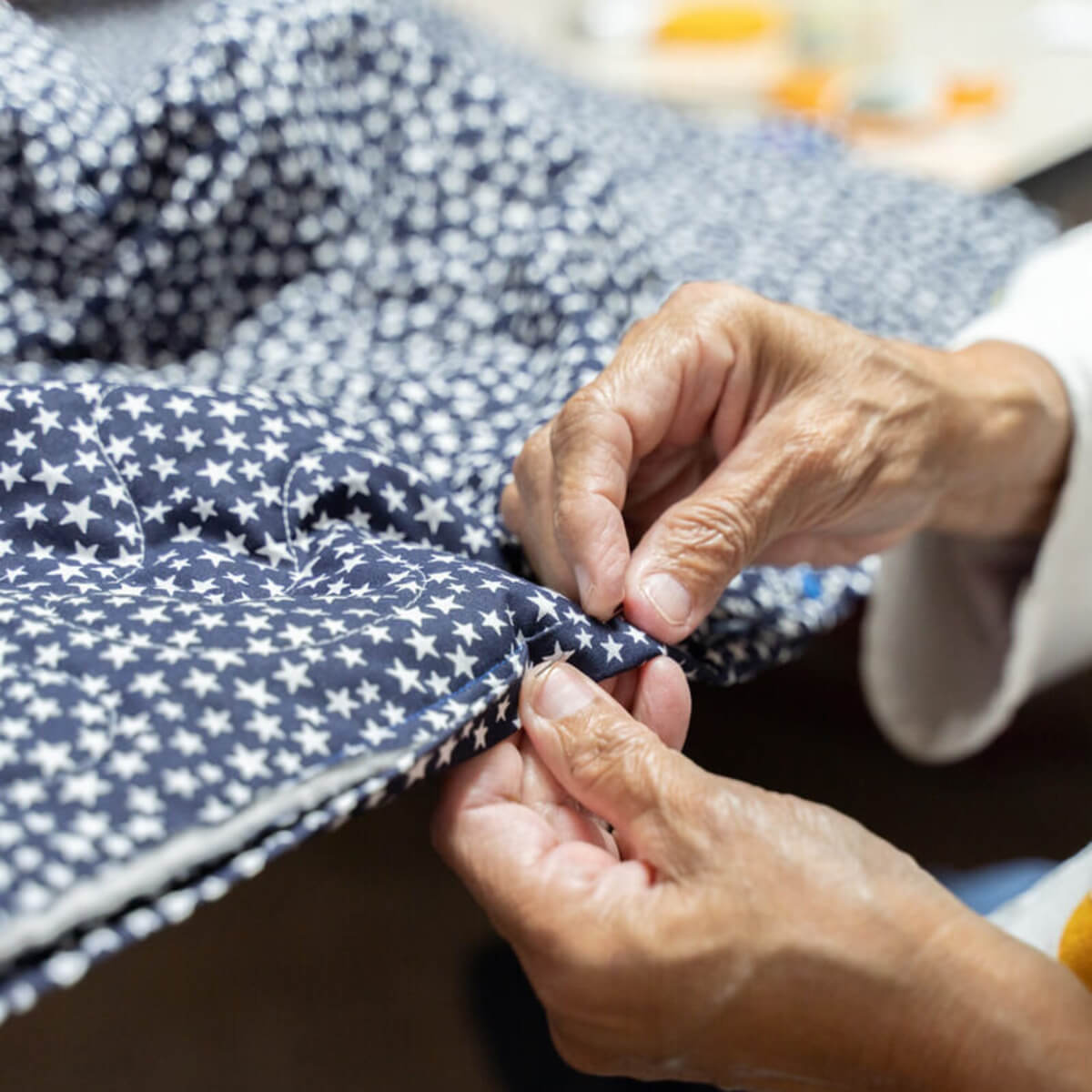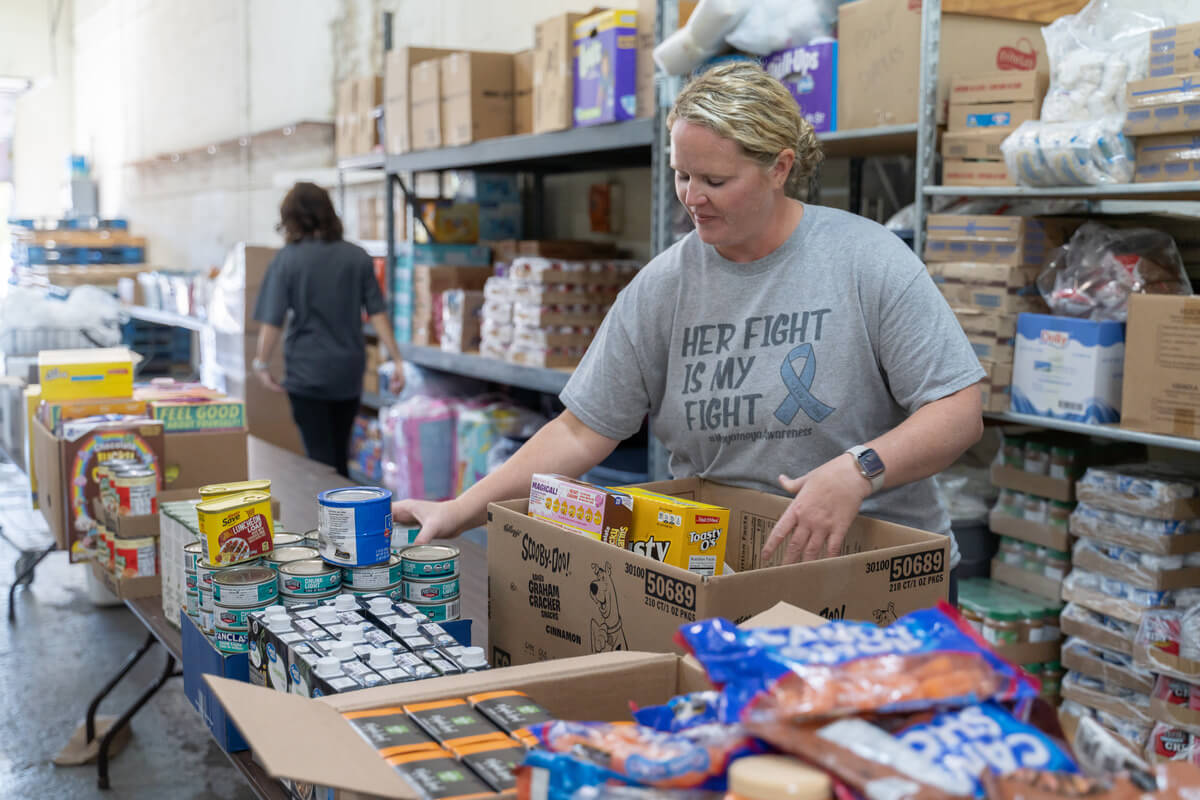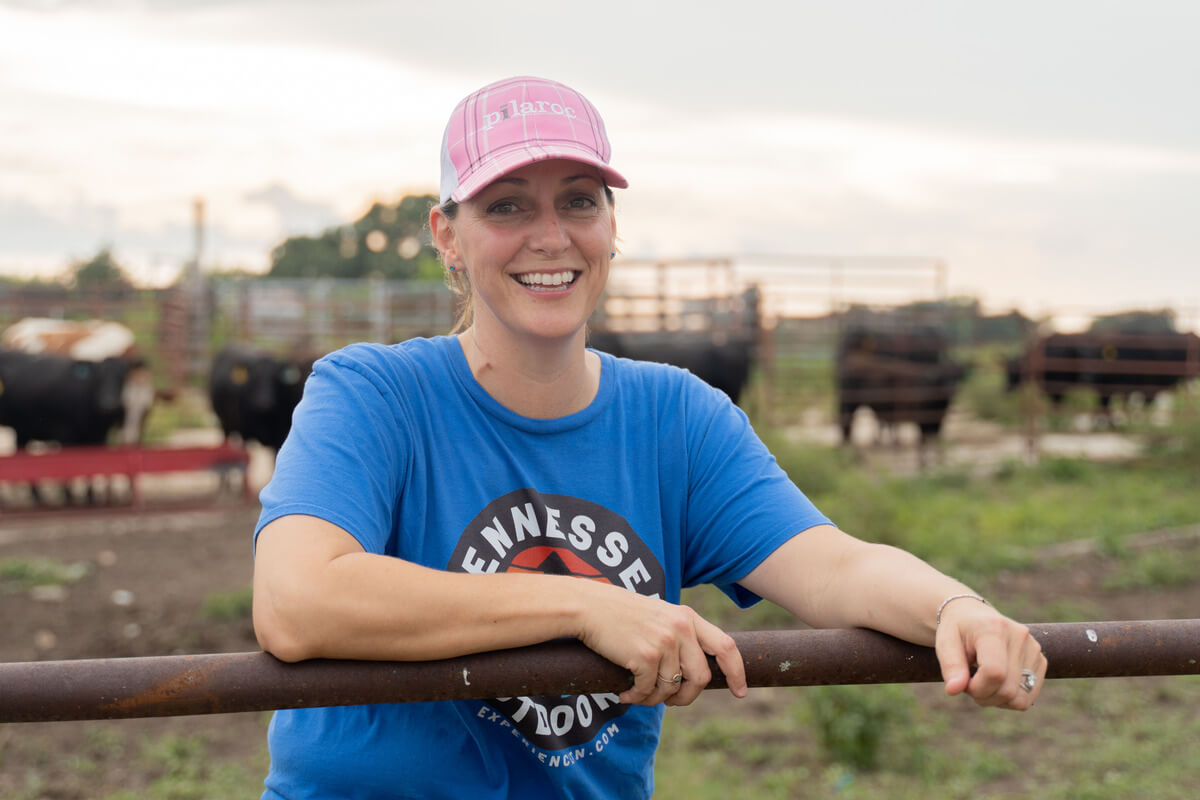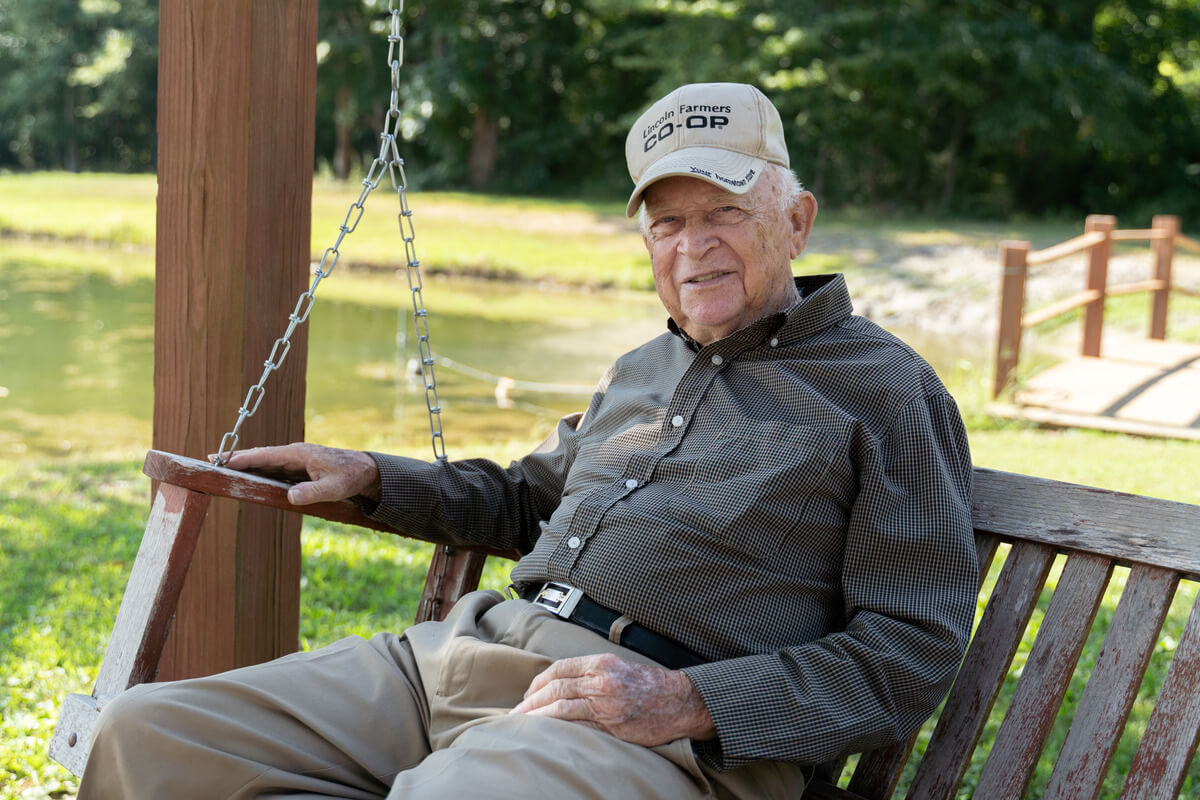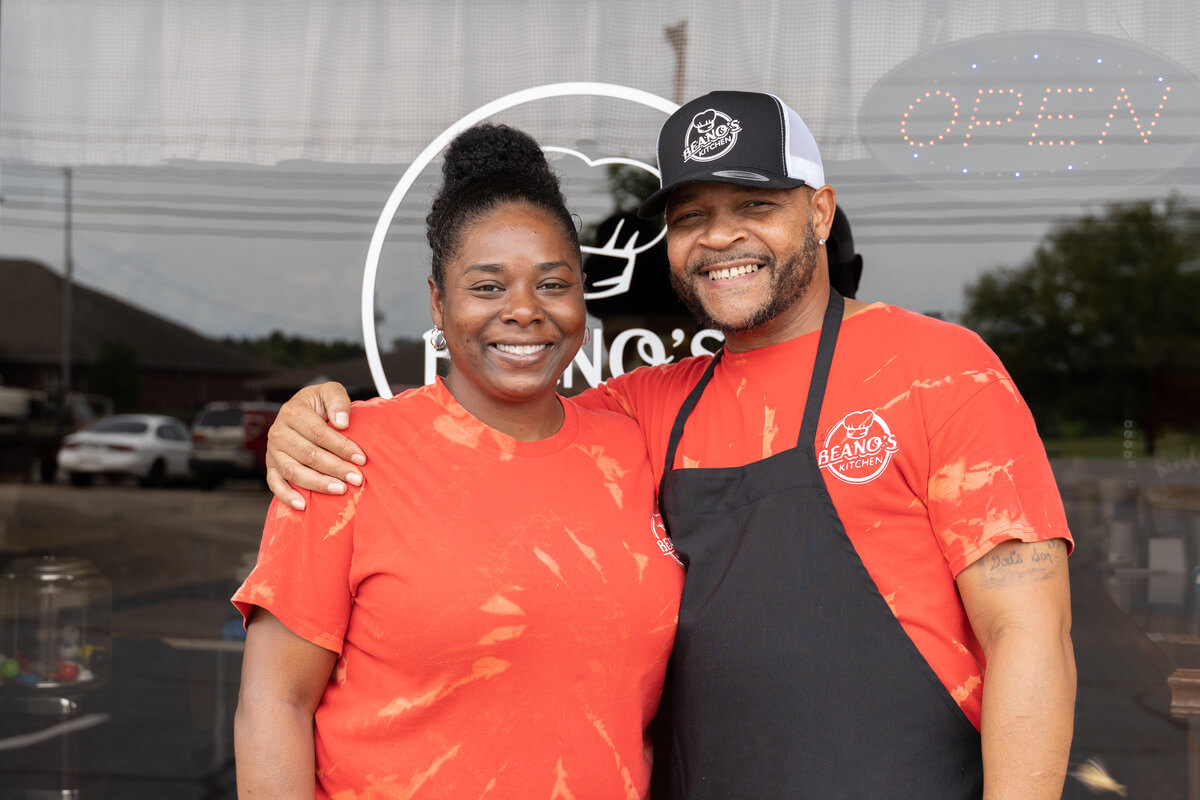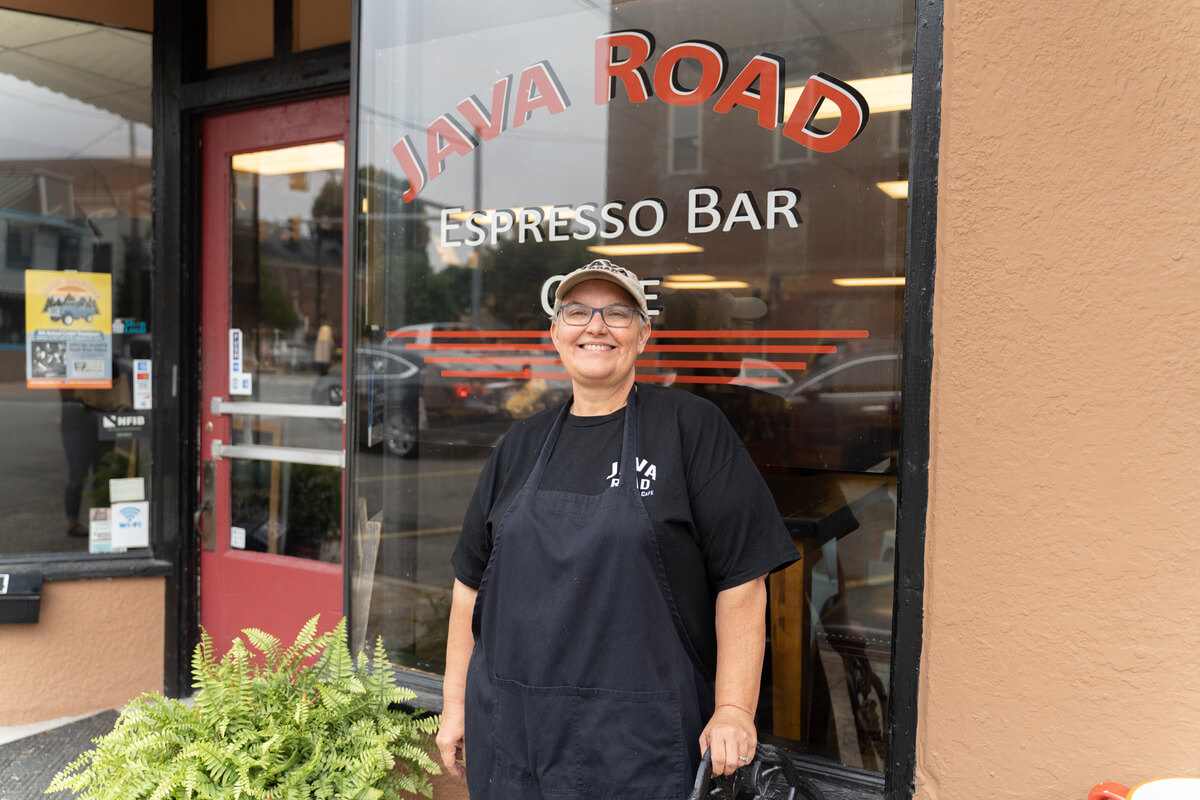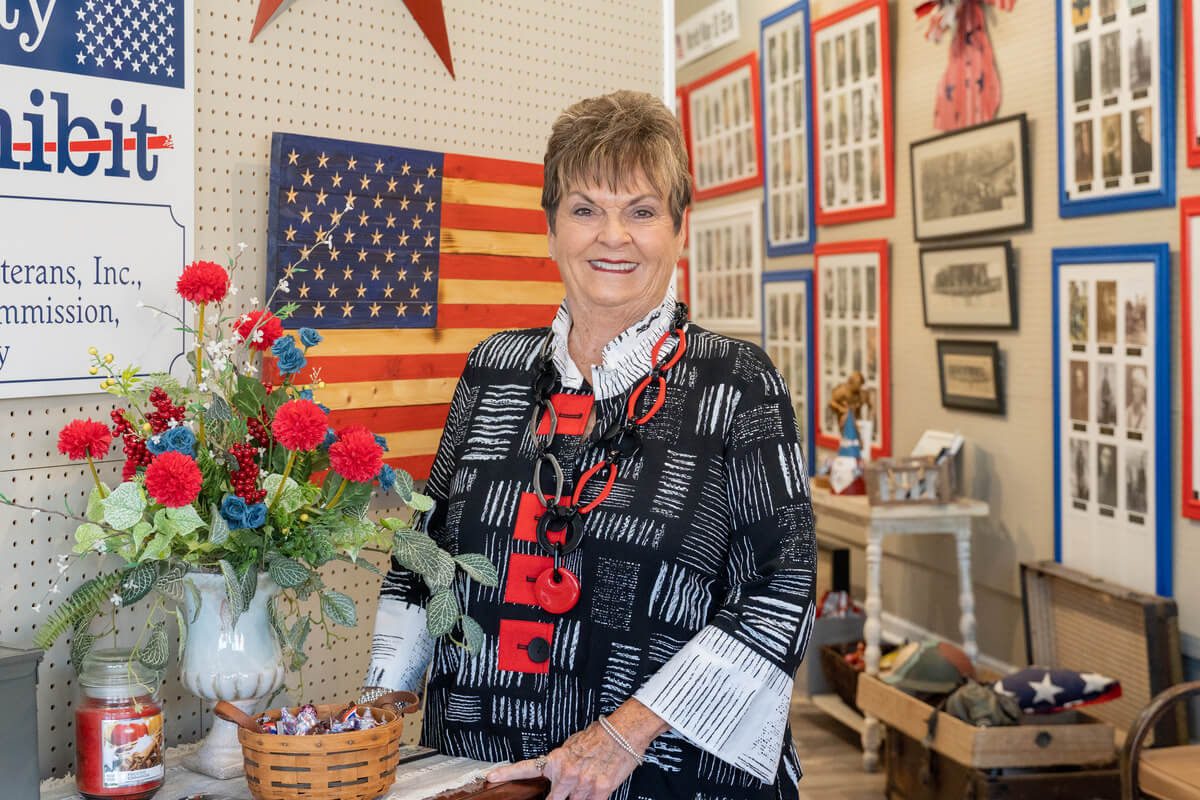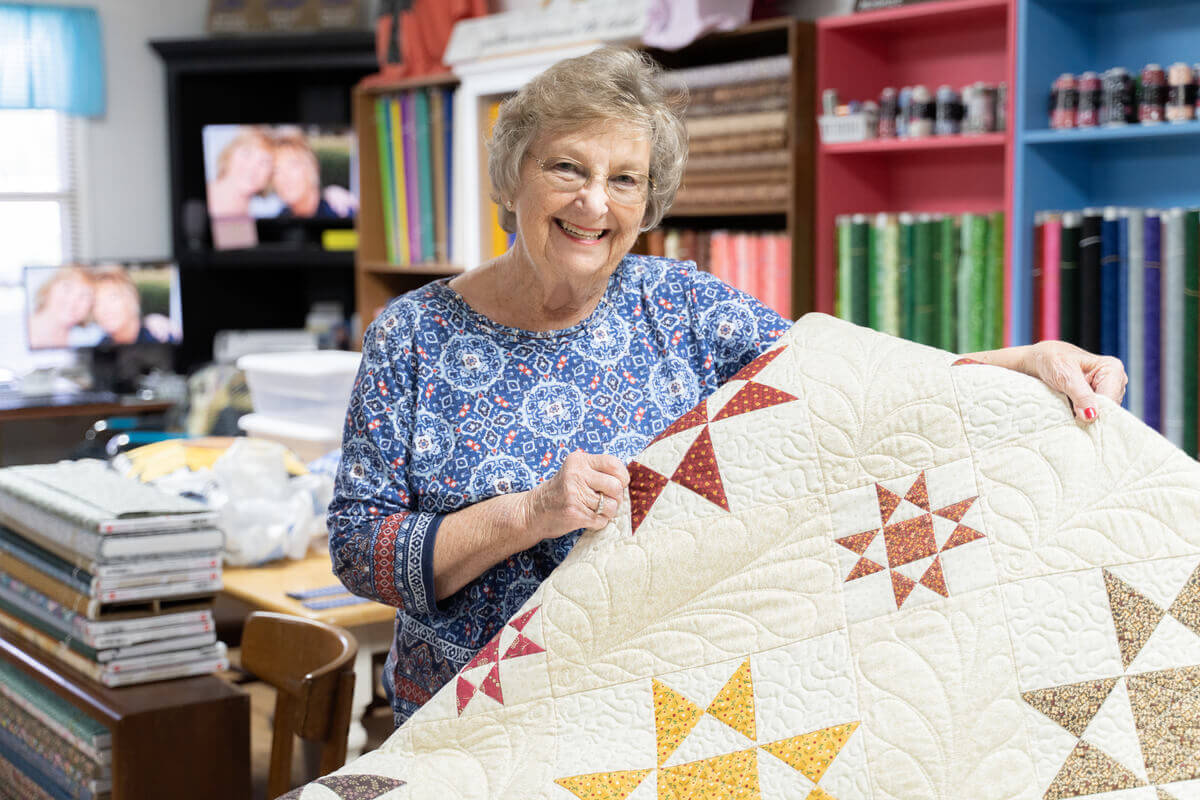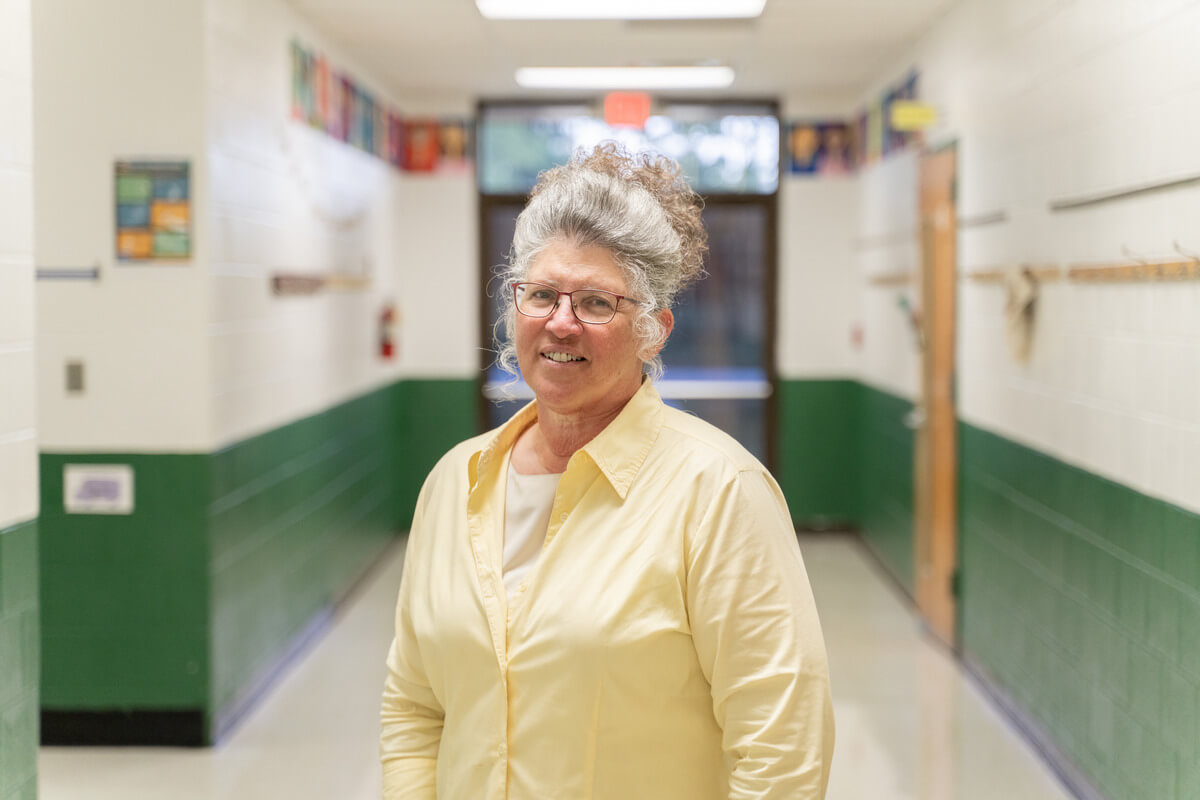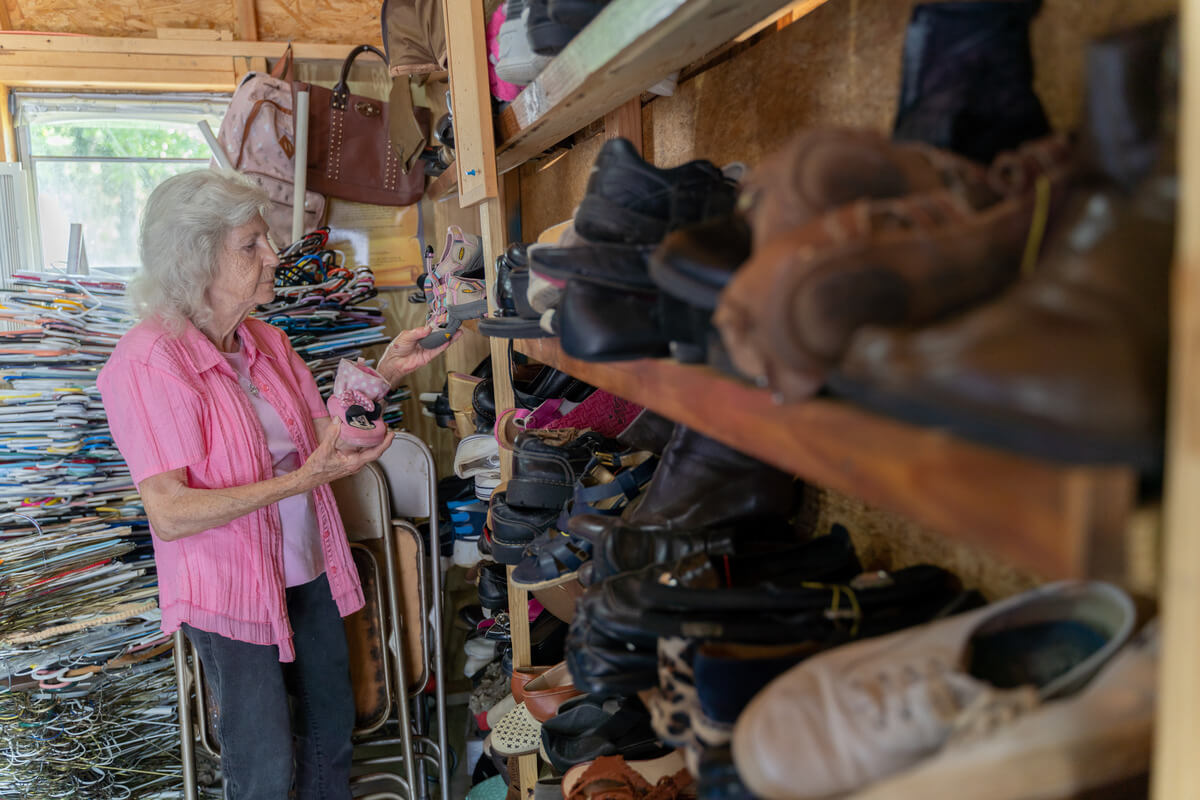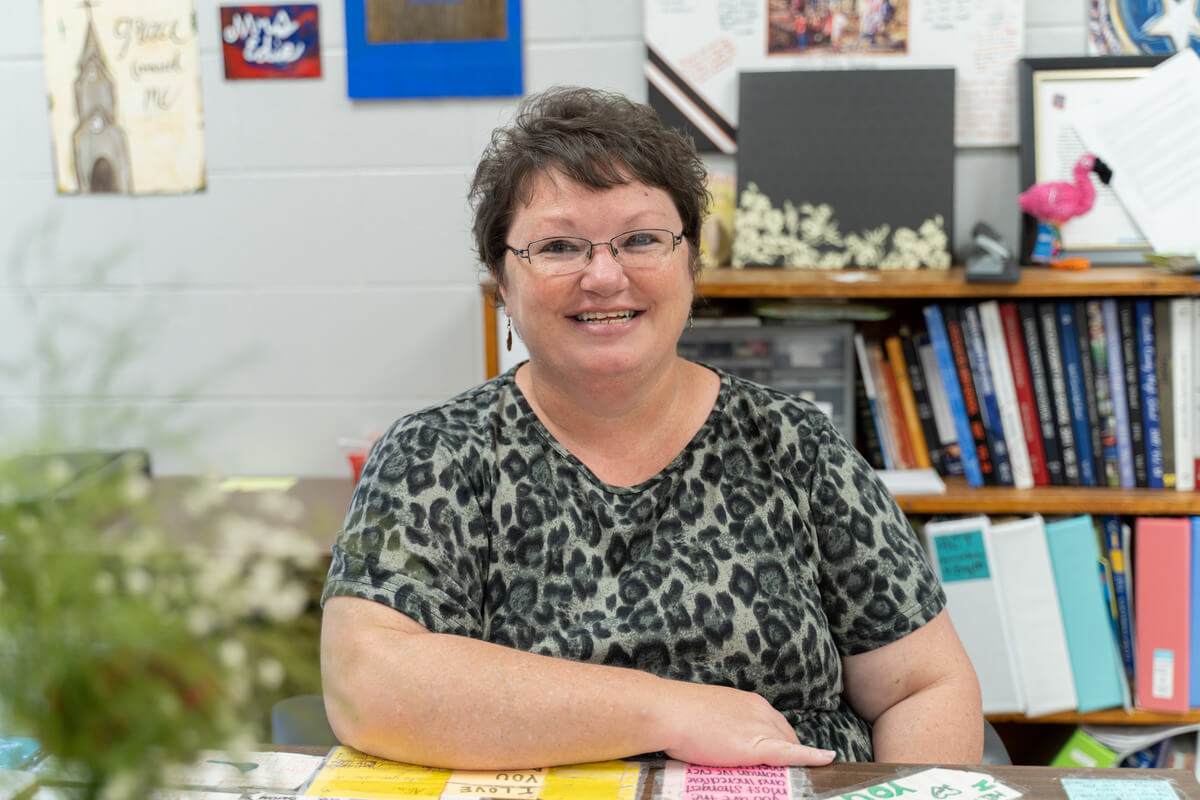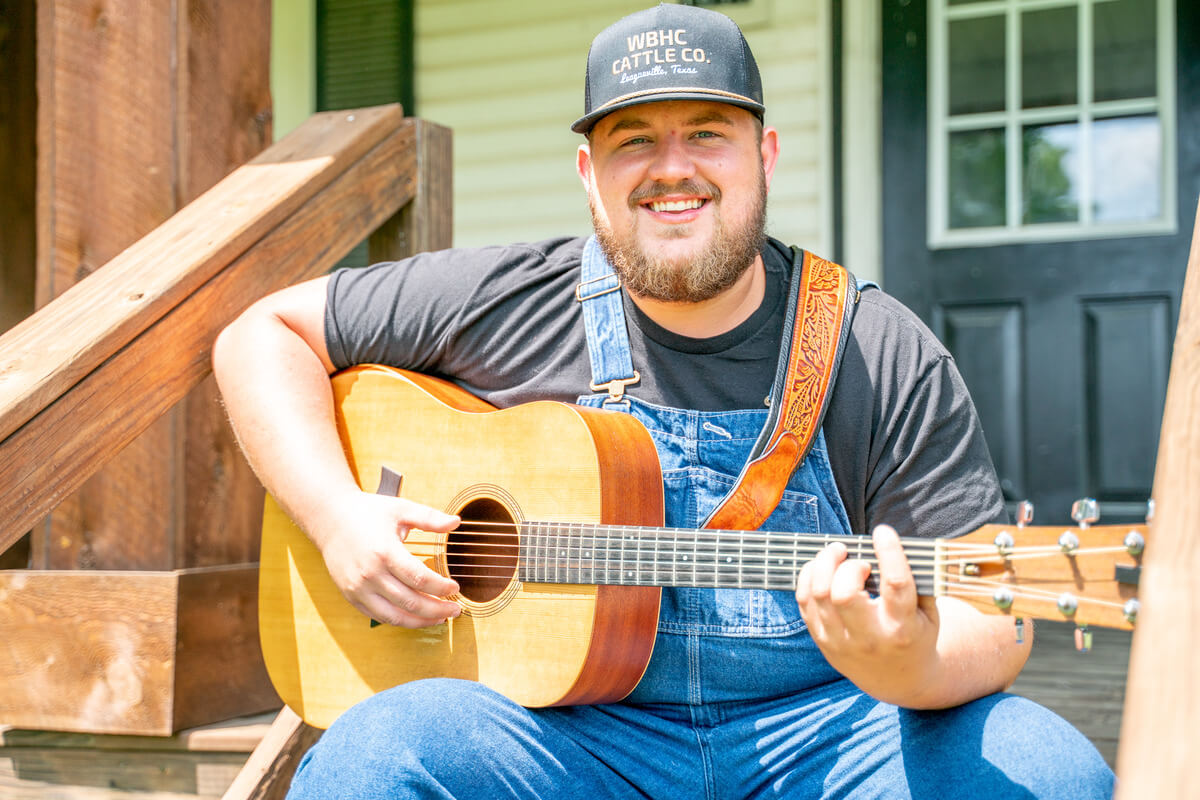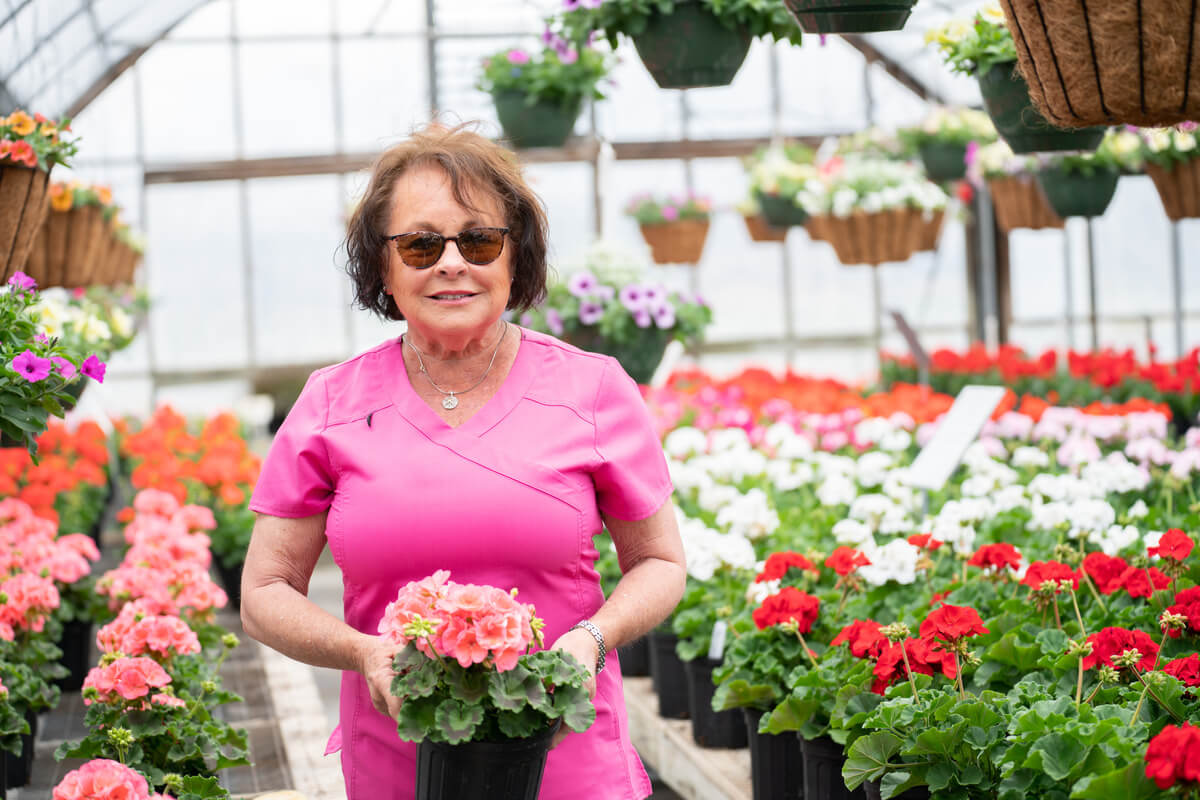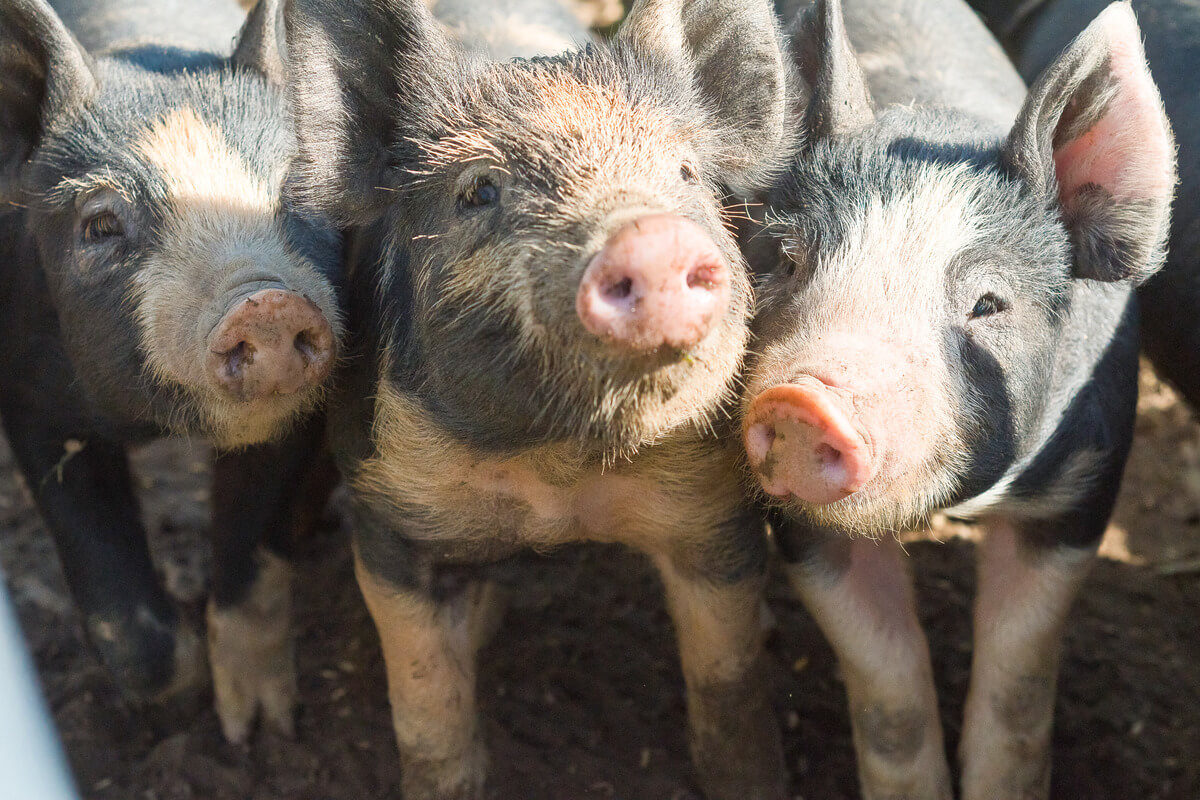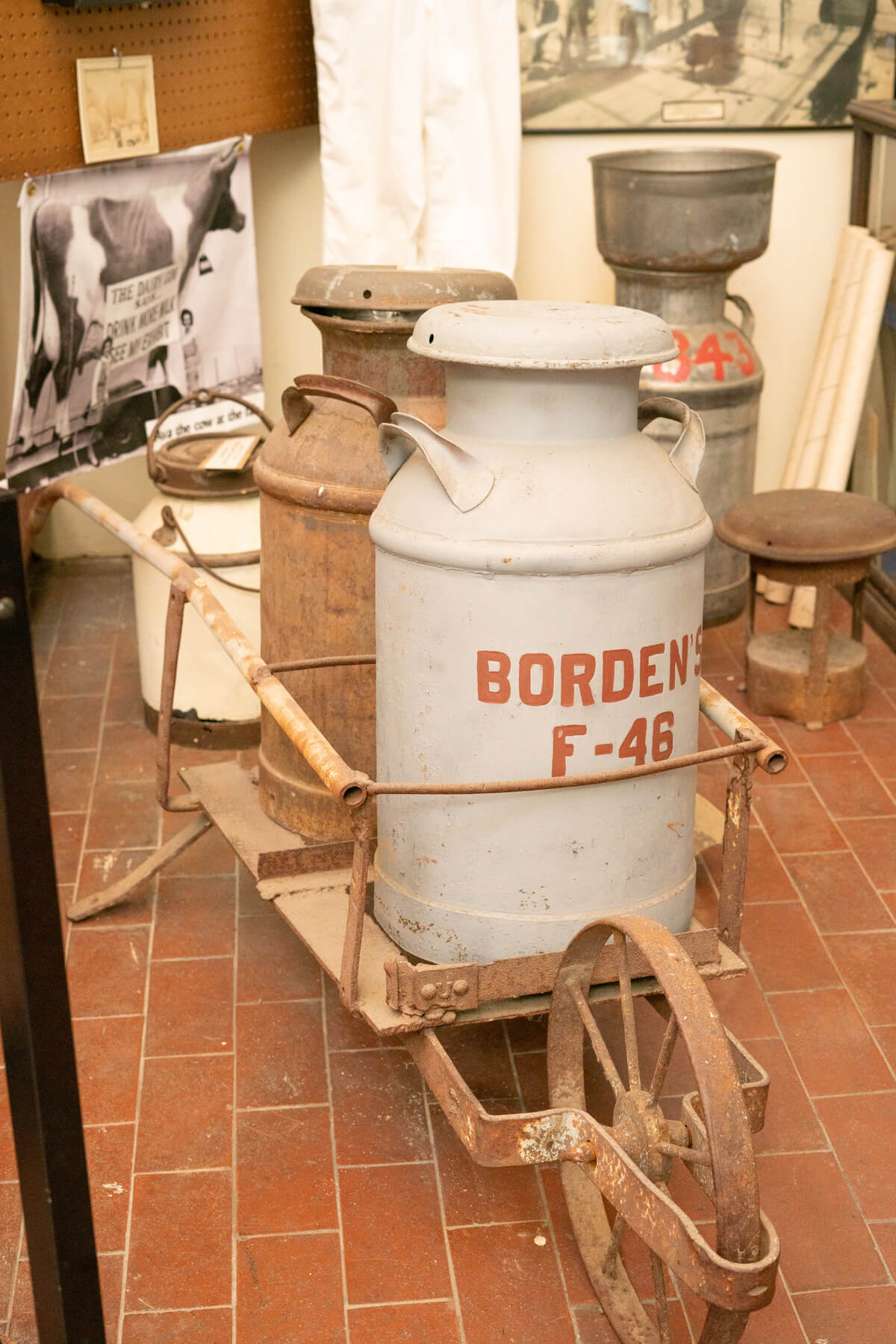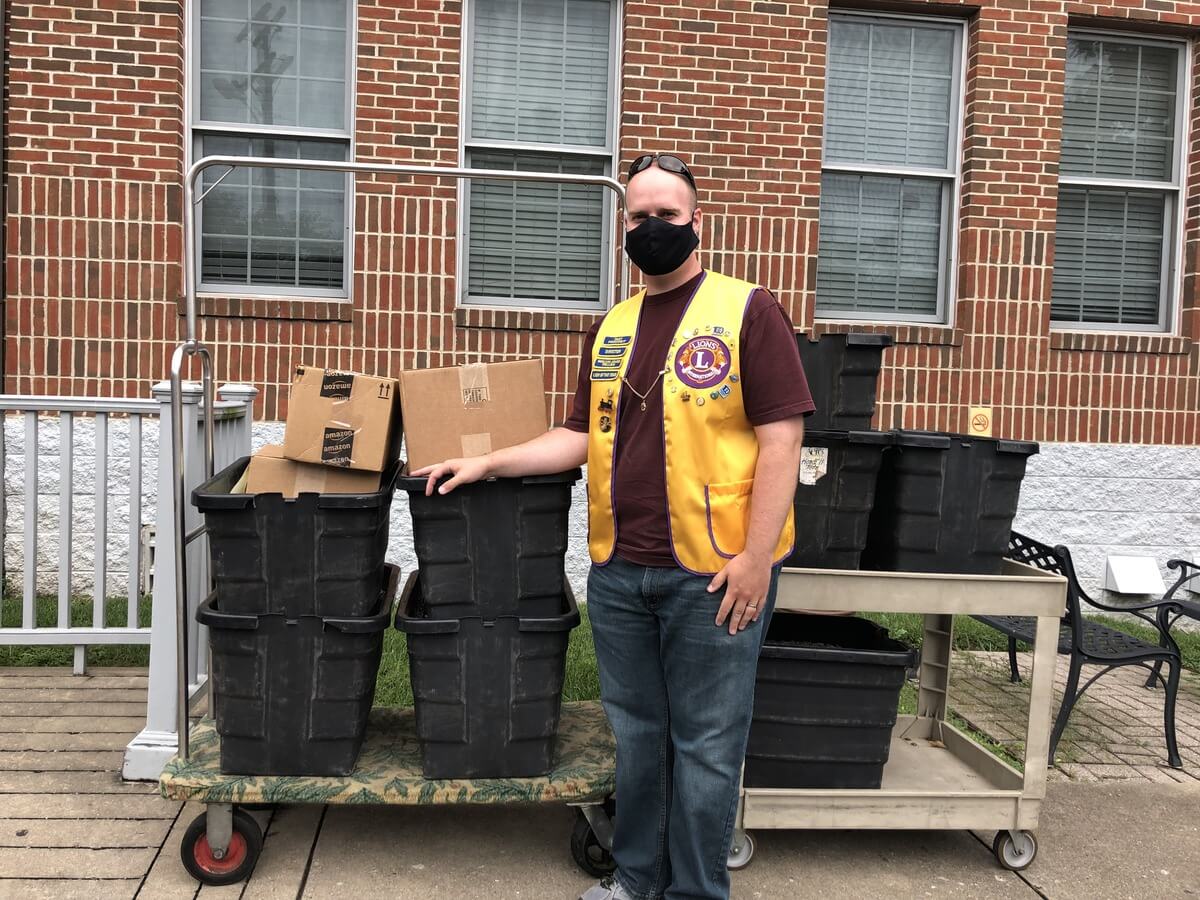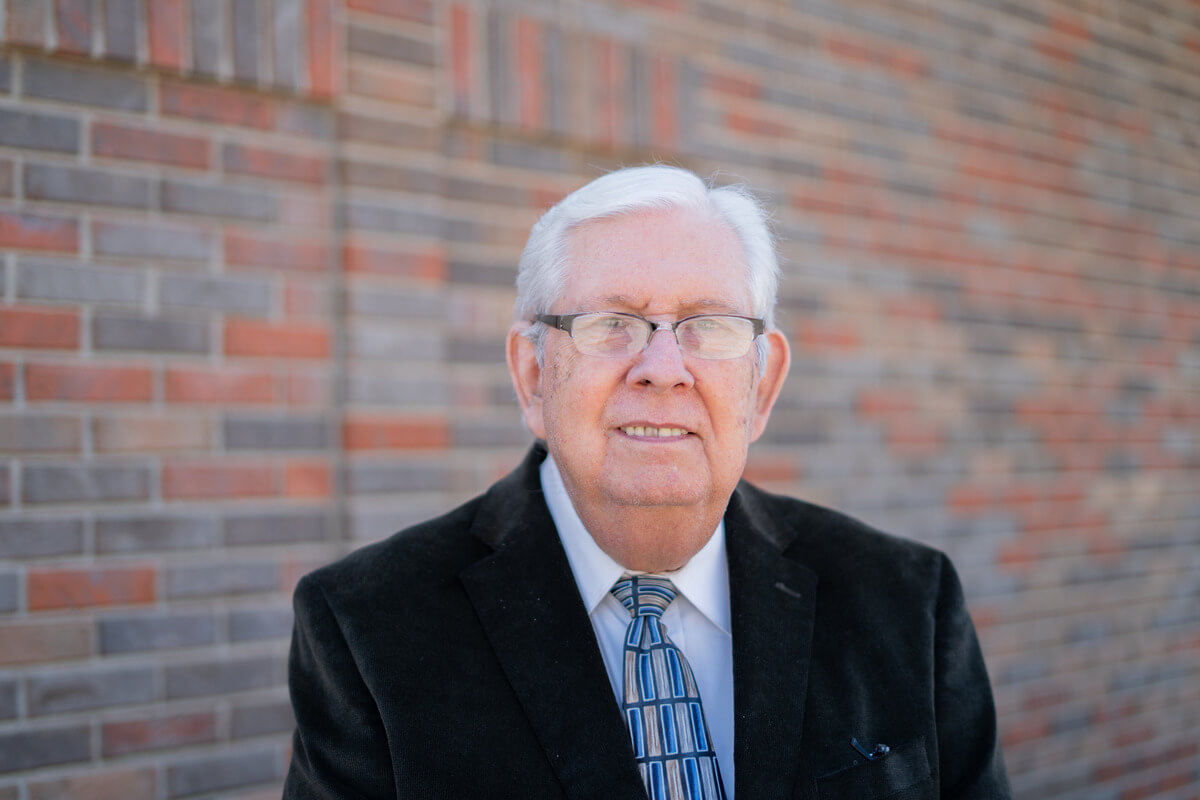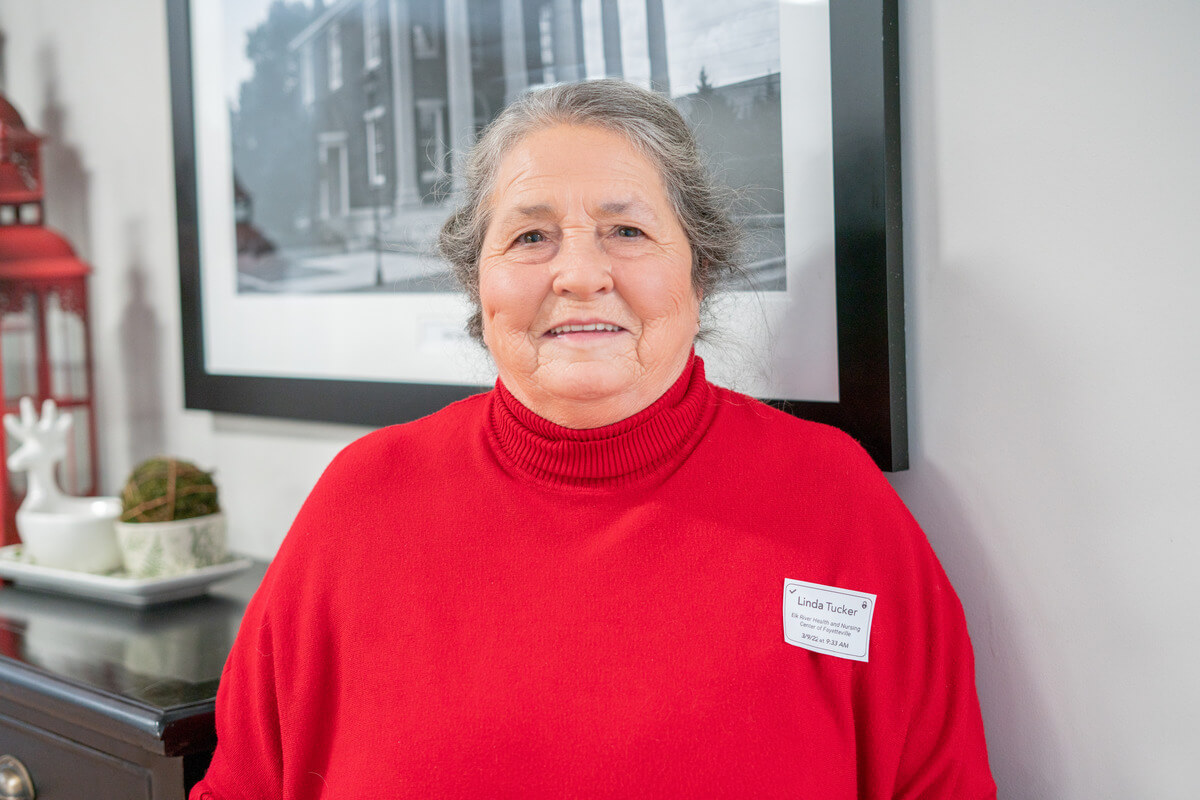IN THE West End Baptist Church fellowship hall, the weekly meeting of the Stitchin’ Sisters is in full swing. Lively conversation competes with the whirrrrr of the sewing machines. There’s the snipping of cutting shears gliding through fabric spread carefully over a folding table and an occasional pfffff of steam from the ironing station. And while you might expect they’re working along on a quilt to be donated or on personal projects, you’re only half right.
Far from Fayetteville, Guatemalan girls and women experience the frustrations of their monthly cycle. The cramps, discomfort, and rollercoaster of emotions are a universal language, but the similarities end here. While feminine product supplies are widely available here, cultural taboos and dire economics limit their access to menstrual hygiene products, especially in rural areas. They often use unsanitary materials, which leads to health issues, and girls miss days of school each month out of fear of staining their clothes. Stigma abounds.
This is the need driving the Stitchin’ Sisters’ flurry of activity at times.
Women have gathered around needlework for centuries. From quilting bees to embroidered linens to knitted hats, their busy hands are an extension of their hearts. Locally, a group of stitchers met weekly at Cahoots, and another group met at the local senior center. When the two combined, they were an answer to prayer, according to one of the sisters, Karen Wilson.
“[The late] Brother Mike Johnson at West End was praying for the church to be used more during the week. We contacted him to see if we could use the fellowship room weekly, and we’ve met there for several years. Some of our women are members at West End, and women come from all over Lincoln County,” Wilson shared.

The group averages 12 to 15 stitchers each week who routinely bring their projects to work on as they fellowship. Some sew aprons and quilt pieces, while others knit, crochet, or tatt or bring various arts and crafts they enjoy. But there are times when the women combine forces and skills to meet the needs of others.
Wilson said, “A couple of years ago, I was approached by Amy O’Neal from my church, First Baptist, to see if our group would sew washable maxi pads for the women of Guatemala. We went online, found some patterns, and started working the kinks out of how we were going to make them. Ronda Asta headed up the assembly line and kept track of each step. The first year, we made 250 pads.”
The women filled 50 cosmetic bags with five pads and two new pairs of panties each. The reusable menstrual liners, which snap to panties, are made of cotton materials, including fabric from donated shirts, and the liners are crafted from waterproof mattress pads.
When the medical and mission team returned to Guatemala this year, the number of bags contributed by the sisters doubled. Most recently, the group received word that a midwife class in San Marcos, Guatemala, used their cosmetic bags and supplies. The effects of the donations continue to ripple throughout the area.
“We made over 500 pads, and it took about six weeks to do with an assembly line. Everyone pitched in to cut out, sew, iron, put snaps on, and pack them in the bags, which are donated. [Various] groups have donated money for the purchase of supplies to complete the task,” Wilson detailed.

The distance between the two groups of women is great, but their connection and commitment are not.
“I think one thing that made this project such a joy for us is we are all women. We have had ups and downs in life, but can you imagine not having the most basic needs met? Women really do make the world go around, and it was a joy for us to meet the needs of women in the outer reaches of Guatemala and maybe make their hard life a little easier.”
The pad project is not their first outreach effort. Hats were an ongoing mission, and they were donated when the group went quarterly to an area stitching group in Nashville. Although the group’s aging membership no longer travels to Nashville, their Guatemalan contributions travel a much greater distance without the sisters ever leaving the fellowship hall.
So, if you’d like to combine your stitching skills and projects and join hearts and hands with kindred spirits, drop in on the Stitchin’ Sisters any Monday morning. They usually begin around 8:30 and pack up before noon. You’ll know you’re at the right place when you hear the laughter and conversation in a hive of activity. Their welcome will embrace you and expand your opportunities to embrace and meet the needs of others. GN

